Science
Our Science Vision
- High quality science education that inspires pupils to, and prepares them for, work in scientific industries.
- Synthesised knowledge that enables children to think critically about the world around them and solve problems that are yet to be discovered.
What does it mean to be a scientist?

Why is it important to know what it means to be a scientist?
Research from the Organisation for Economic Co-operation and Development (OECD) found that, by the age of seven, children have already begun making assumptions about what type of people will enter different types of work and what sort of careers may be possible for them. Indeed, the report finds that commonly ‘young people consider only the jobs that are already familiar to them, from friends and family.’ The effects of this are long-lasting as the research found ‘minimal changes’ in the career attitudes between the ages of 7 and 17.
Here at St Helen’s Primary School, we take our responsibility to develop career aspirations very seriously and are guided by the OECD’s statement of:
“You can’t be what you can’t see.”
Contextually, the area we serve has a higher than average percentage of those working in manufacturing and construction, therefore we work hard to ensure pupils have opportunities to understand the jobs prevalent in their area as well as different career pathways, including those within the science industry. We work with local companies such as EDF Energy to explore career opportunities and participate in Children Challenging Industry programme to raise aspirations and apply scientific knowledge and skills to real life situations.

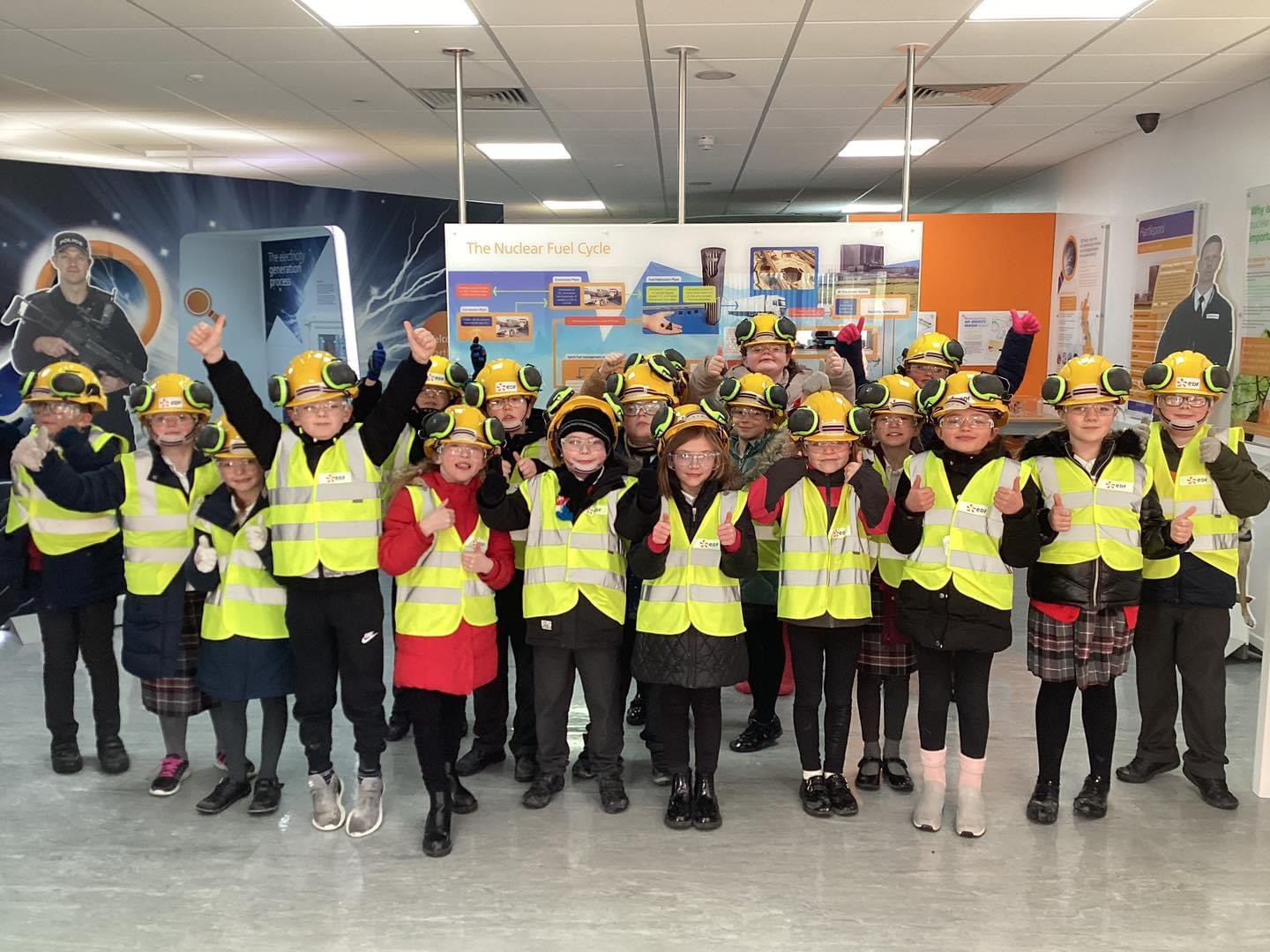
The St Helen’s Primary Science Curriculum
Science is a core curriculum subject that is crucial to our pupil’s understanding of the world, next steps and future career aspirations. Through the National Curriculum for Science as a starting point, our enhanced science curriculum aims to ensure that all pupils:
- Build depth through recalled, connected substantive knowledge, explicit vocabulary expectations and a hands-on, investigatory approach to teaching. Activity will be varied, targeted to build Working Scientifically skills, support connection and with a gradual release of responsibility to the pupils.
- Will be appropriately challenged through a sequential, coherent and ambitious curriculum, effective questioning and activity, formative assessment approach and addressing misconceptions quickly. Independent thinking and investigation will be scaffolded and encouraged.
- Build connected substantive knowledge through ensuring secure prior knowledge, conceptual understanding to link knowledge across the curriculum, blended learning across topics/wider curriculum and scientific theory development using key scientists within the learning.
- Build key disciplinary knowledge and skills through progressive Working Scientifically (WS) skill development through a range of Enquiry Types that help pupils to become increasingly independent and successful investigators. Explicit year group specific WS Skills are mapped across the curriculum to ensure coverage, sequencing and the assessment of progress.
- Support next steps through high attainment and Working Scientifically skills to support secondary readiness and where pupils are equipped with the scientific knowledge required to understand the uses and implications of science, engage with current/future debates and develop high Science Capital.
To support a fully progressive curriculum, the foundations for learning science begin in Early Years Foundation Stage through planned substantive / disciplinary knowledge and key vocabulary development that dove-tails into National Curriculum expectations. Pupils are taught to use appropriate science equipment when investigating the world around them. This builds stronger foundations for success as pupils move into year 1.
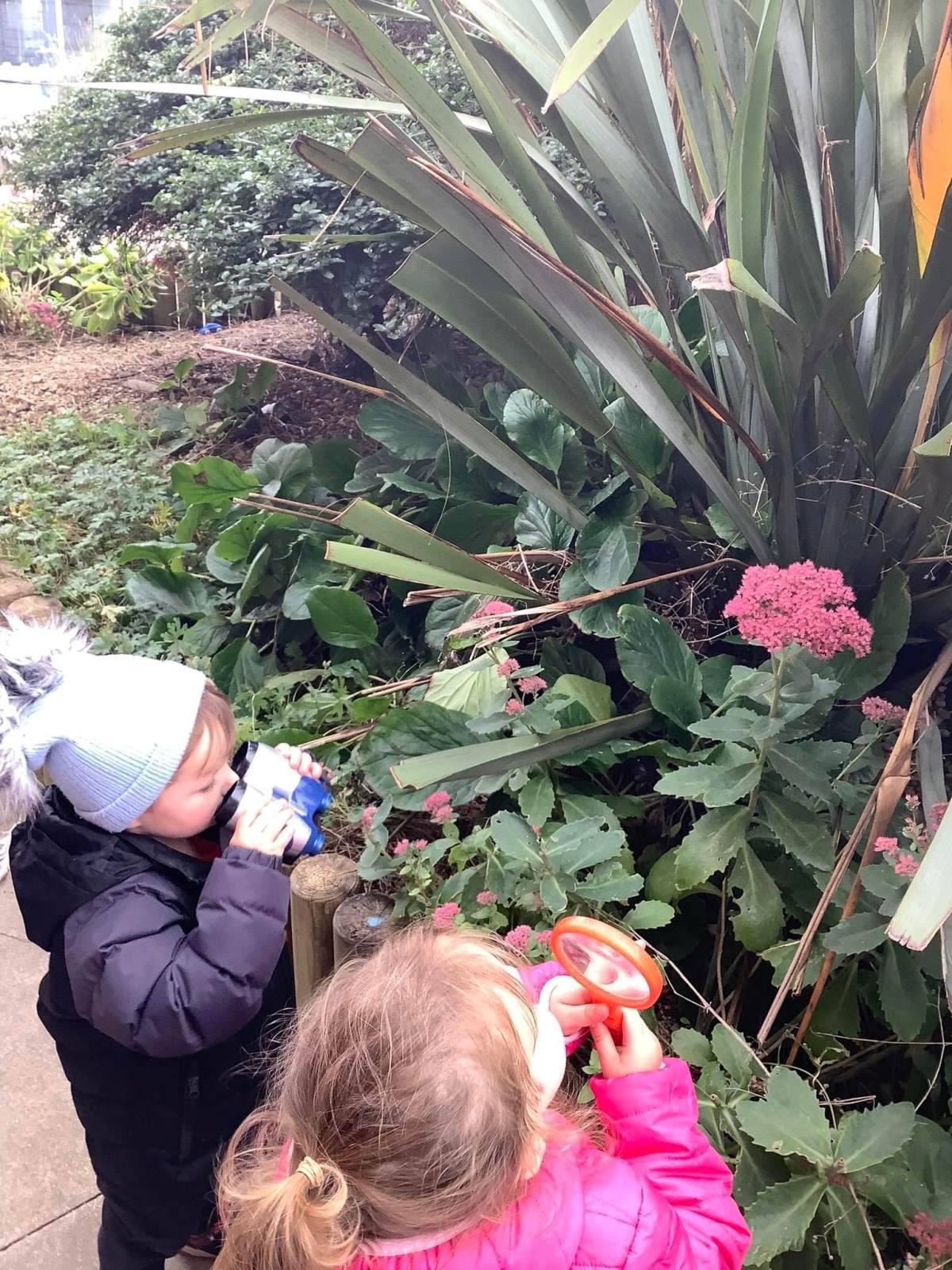
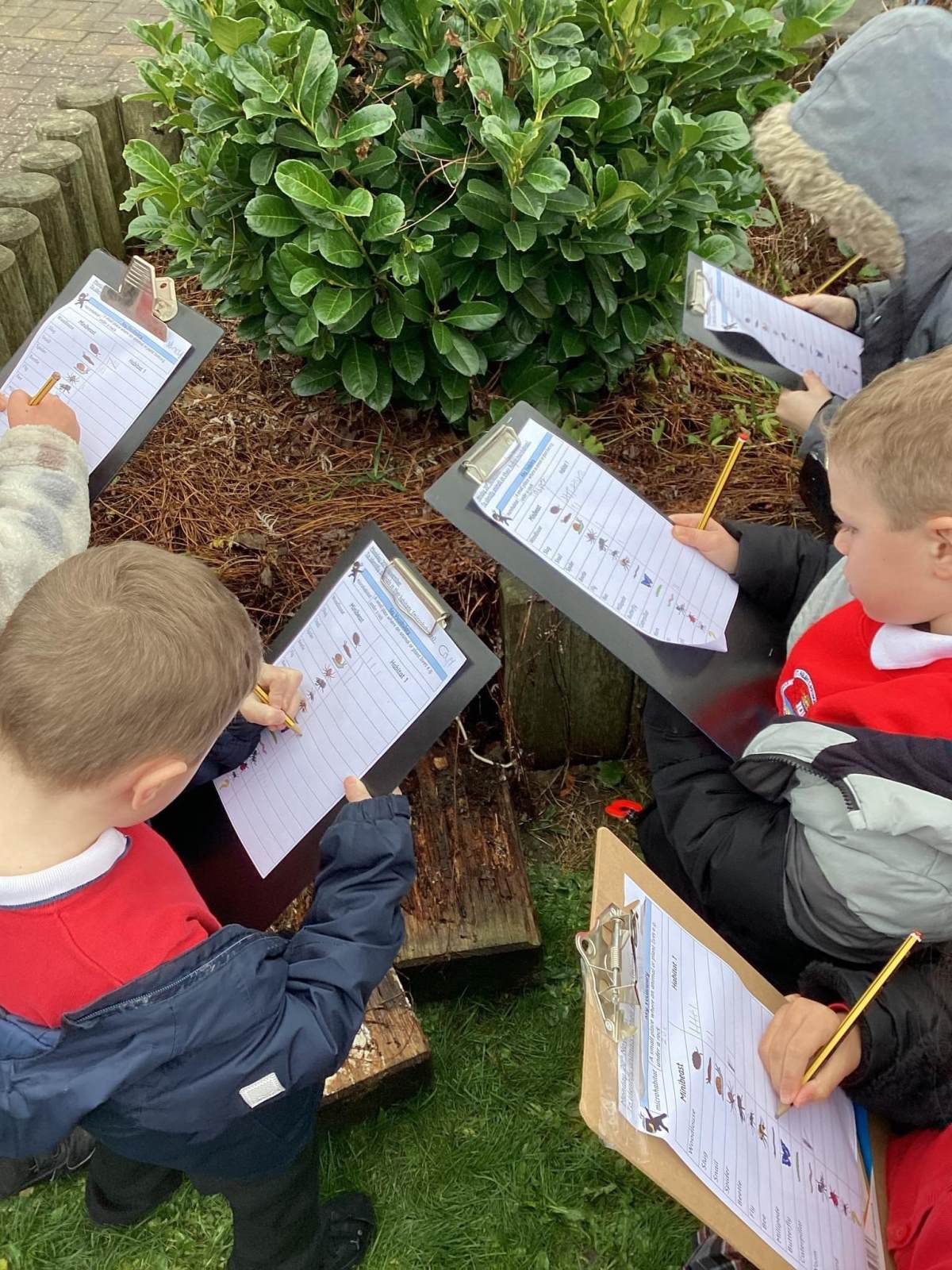
Our Science Principles
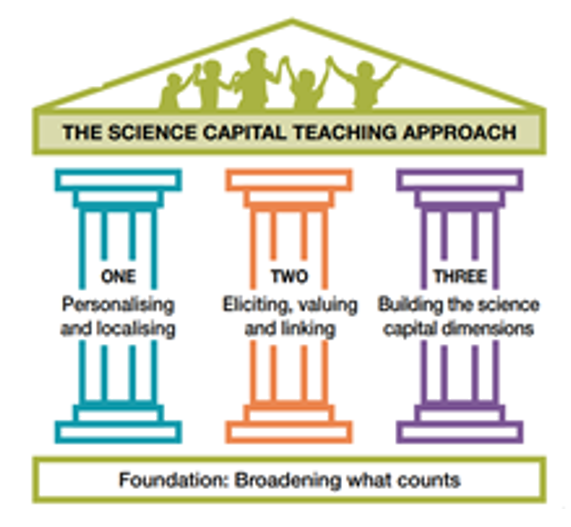
Personalising and Localising
Our Science curriculum is based on the National Curriculum and is personalised to the needs of our pupils and their local context. We have strong links with local industry and hear from guest speakers from a range of scientific disciplines.
Eliciting, Valuing and Linking
Children are given lots of opportunities to explore and ask questions. Curiosity is highly valued. We encourage children to make links between their knowledge and with the wider world of science. Children know where their studies can take them.
Pupil Leadership and Careers (Building the Science Capital Dimensions)
Pupils have the opportunity to lead on areas of Science through our Lab Technicians group and STEM Club. These groups make a valuable contribution to Science at whole-school level. Our focus on raising aspirations supports understanding and engagement with the work of scientists.
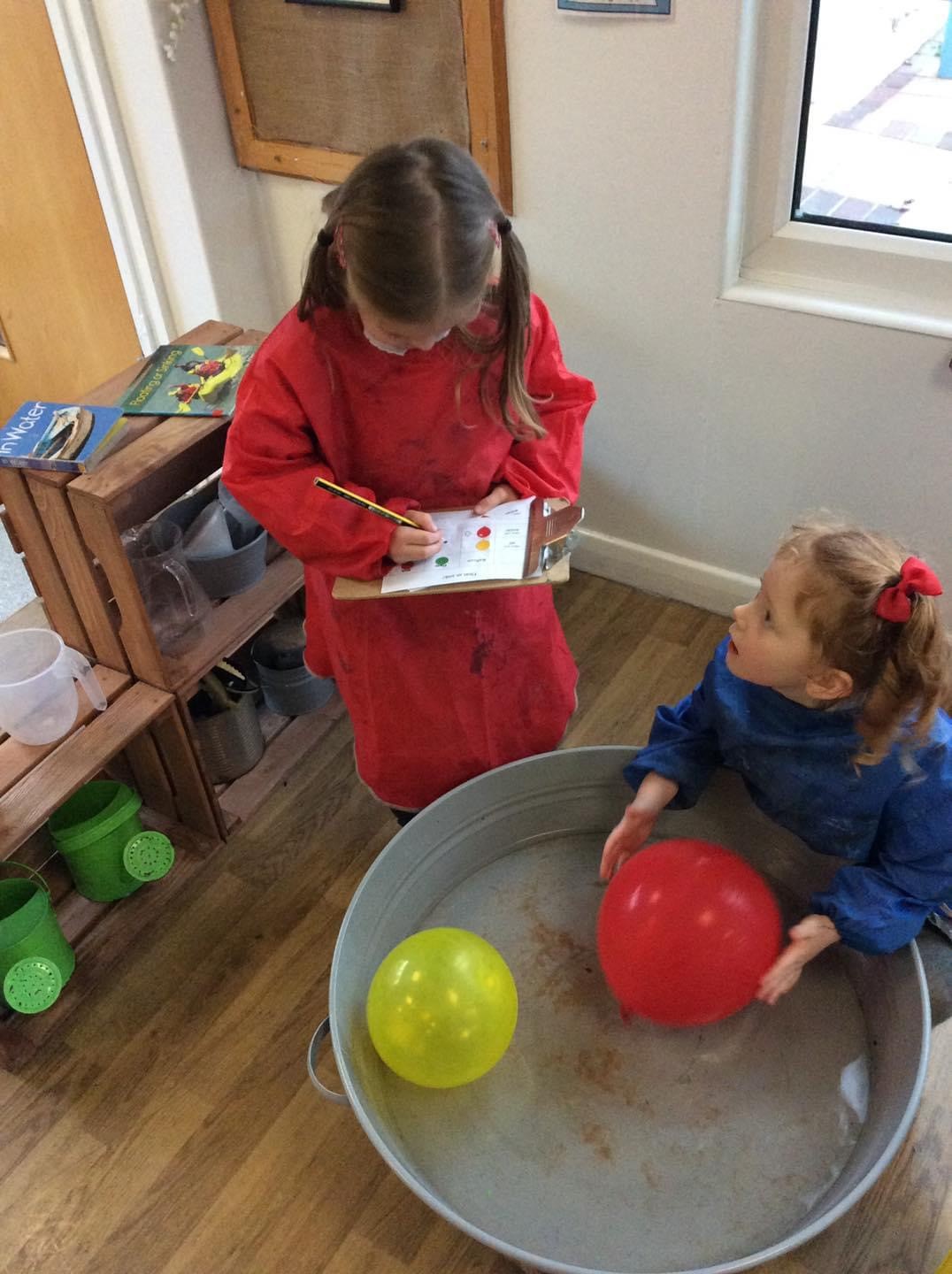
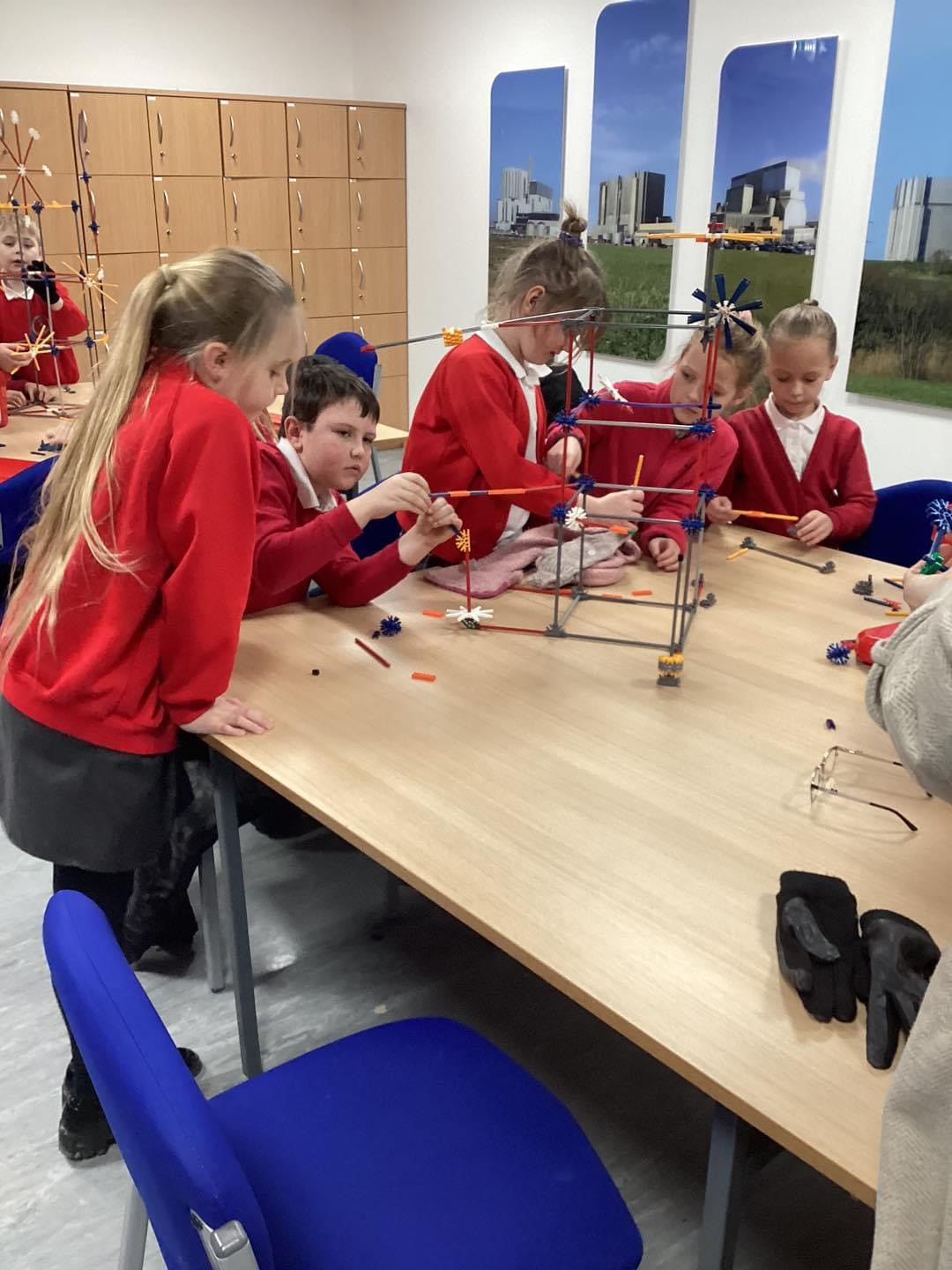
How do we support SEND pupils in Science?
St Helen’s promotes a curriculum that puts all pupils, regardless of their needs, at the heart of what we do. By building mutual respect, we accept others for their differences believing that everyone is special and everyone has something to offer. Our inclusive and enriching curriculum, written for all children, provides pupils with meaningful and aspirational experiences as well as promoting personal growth for life-long learning. When the curriculum needs adapting, to suit the needs of individual children, appropriate modifications are made by the class teacher with support of the SENDCo and the Curriculum Subject Lead.
Reading in Science
Reading underpins all our curriculum. Key texts have been identified as part of each unit of study to help pupils learn about key knowledge in Science through stories.
EYFS

KS1

Lower KS2
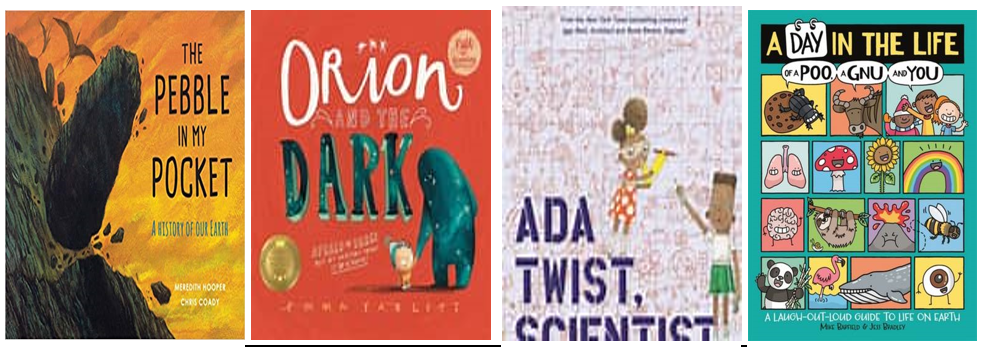
Upper KS2
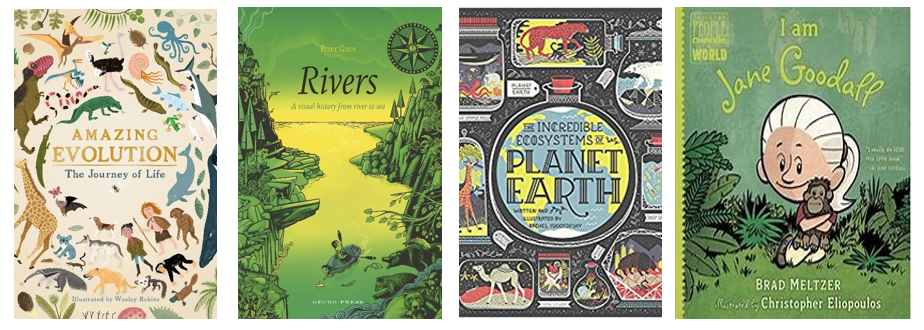
Useful Links for parents:
Stemettes (Girls in Science) – https://stemettes.org/
BBC Bitesize Science – https://www.bbc.co.uk/bitesize/subjects/z7nygk7
Science Boot Camp for Upper Key Stage 2 https://www.yearsix.co.uk/science-boot-camp/
Science Museum – https://www.sciencemuseum.org.uk/home
Science Experiments you can try at home – https://www.goodhousekeeping.com/life/parenting/g32176446/science-experiments-for-kids/
Curriculum Experiences
Year 4 Oyster Restoration workshop
Our year four children have loved taking part in an Oyster Restoration workshop with the Tees River Trust.
The workshop consisted of six main parts and involved a range of scientific skills and enquiry.
- Introductions and a little info about the Tees Rivers Trust and our work and learning why oysters are so amazing.
- Oyster monitoring - meeting some of our live oysters and practicing some of the monitoring skills we use in the field.
- Water quality testing - using special testing kits to check how suitable our water is for oyster restoration.
- Biodiversity monitoring - learning how oysters provide habitats for other creatures and assessing which animals are present on our oysters.
- Discovering some of the other species of animal which live around our local coasts and identifying them using field guides.
- Rockpool tank show and tell - meet some of the critters we've found at Hartlepool Headland and tell us what you know about them.
Oyster Restoration
Year 6 visit to the Planetarium
Year 6 have visited the planetarium recently at St Hild's School. They learnt about light and looked at the different constellations.
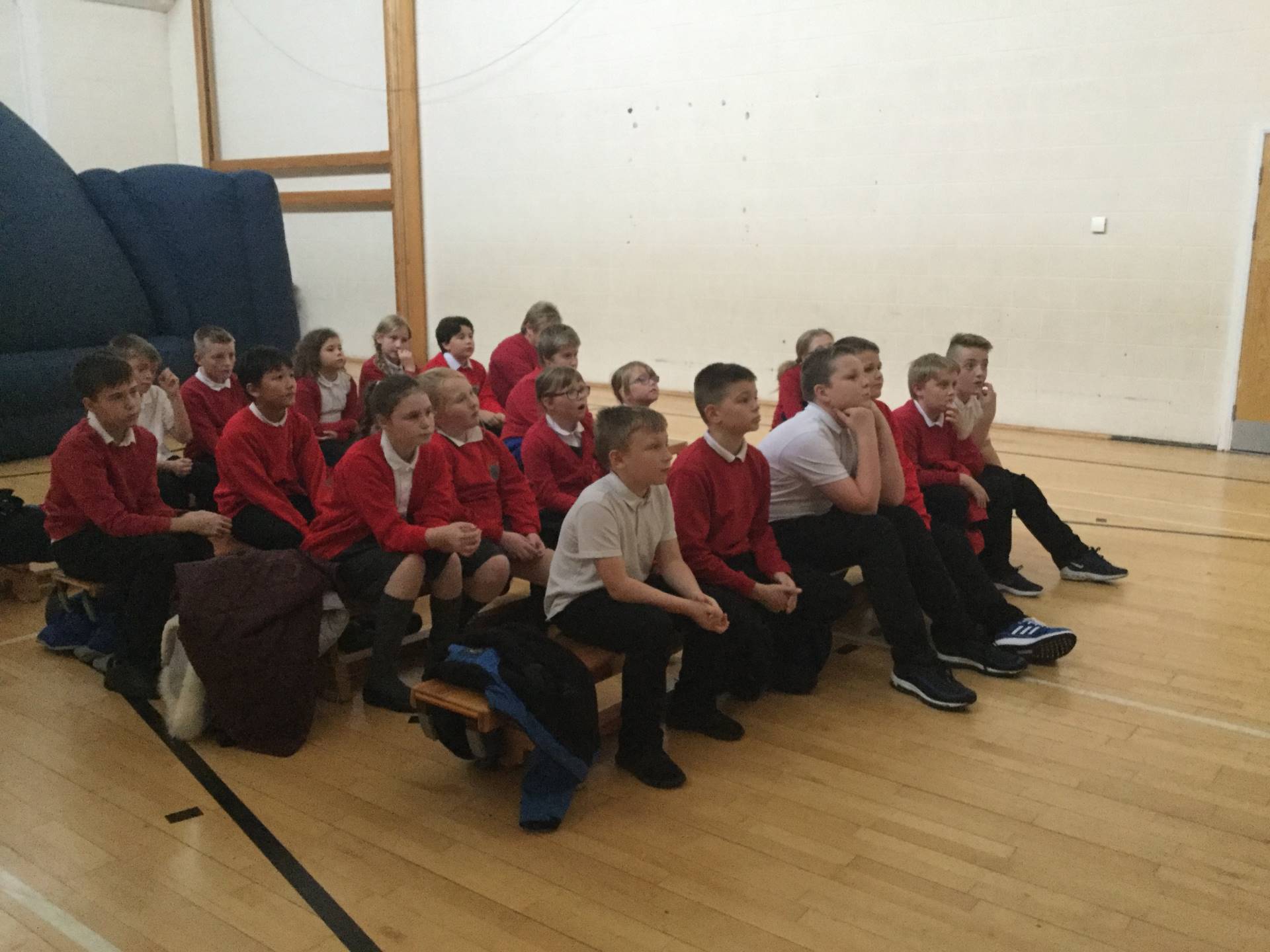
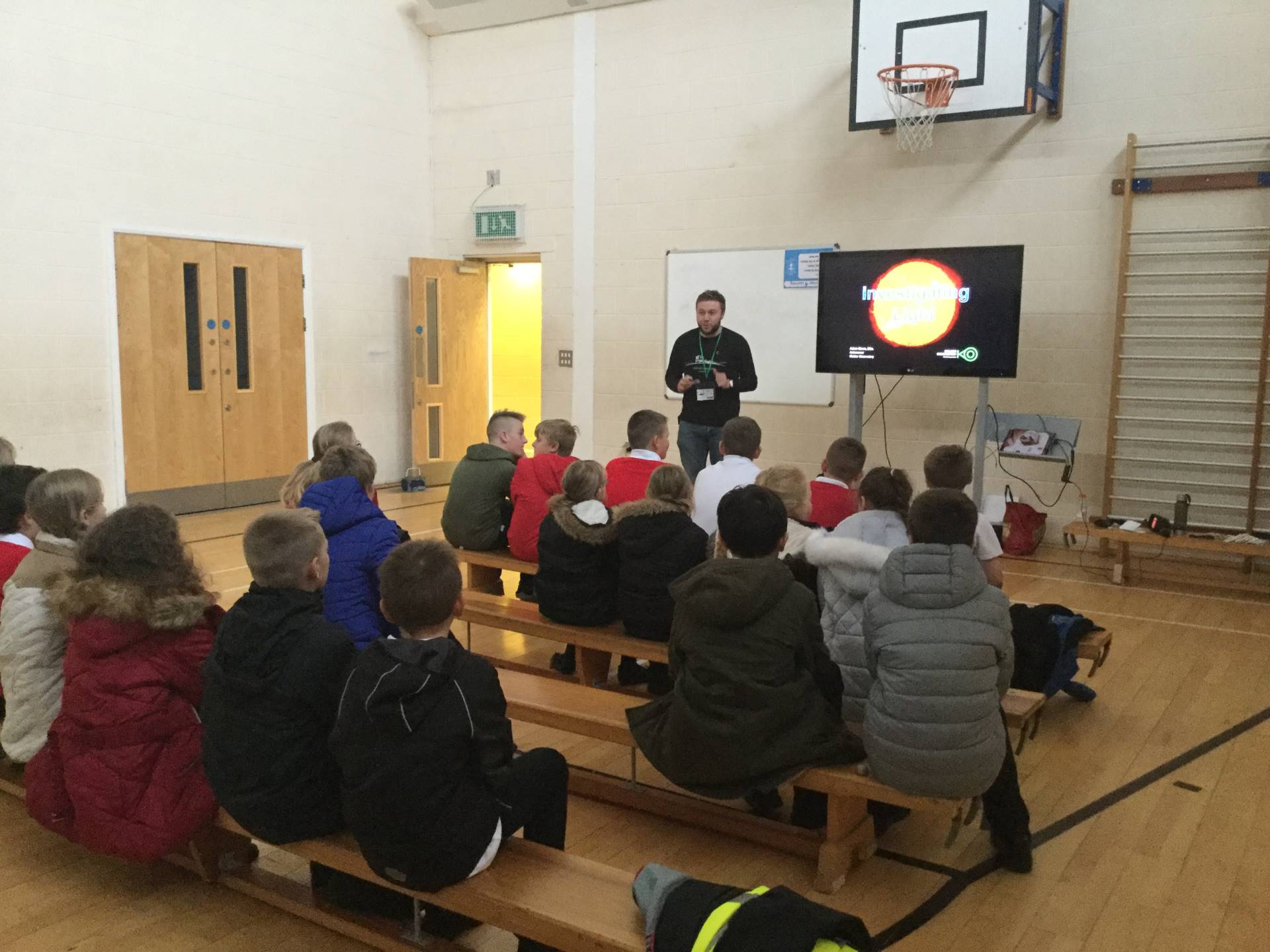
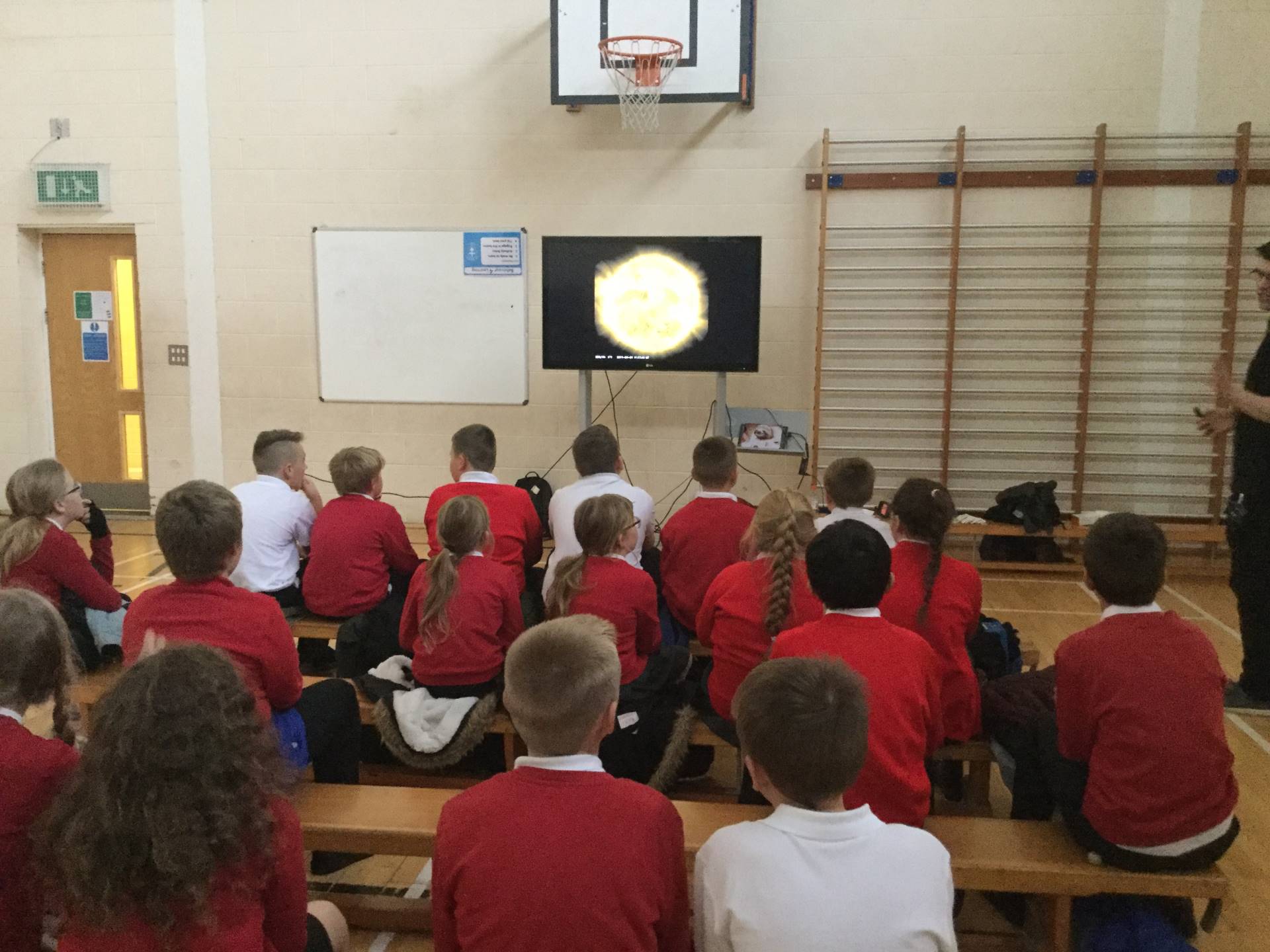
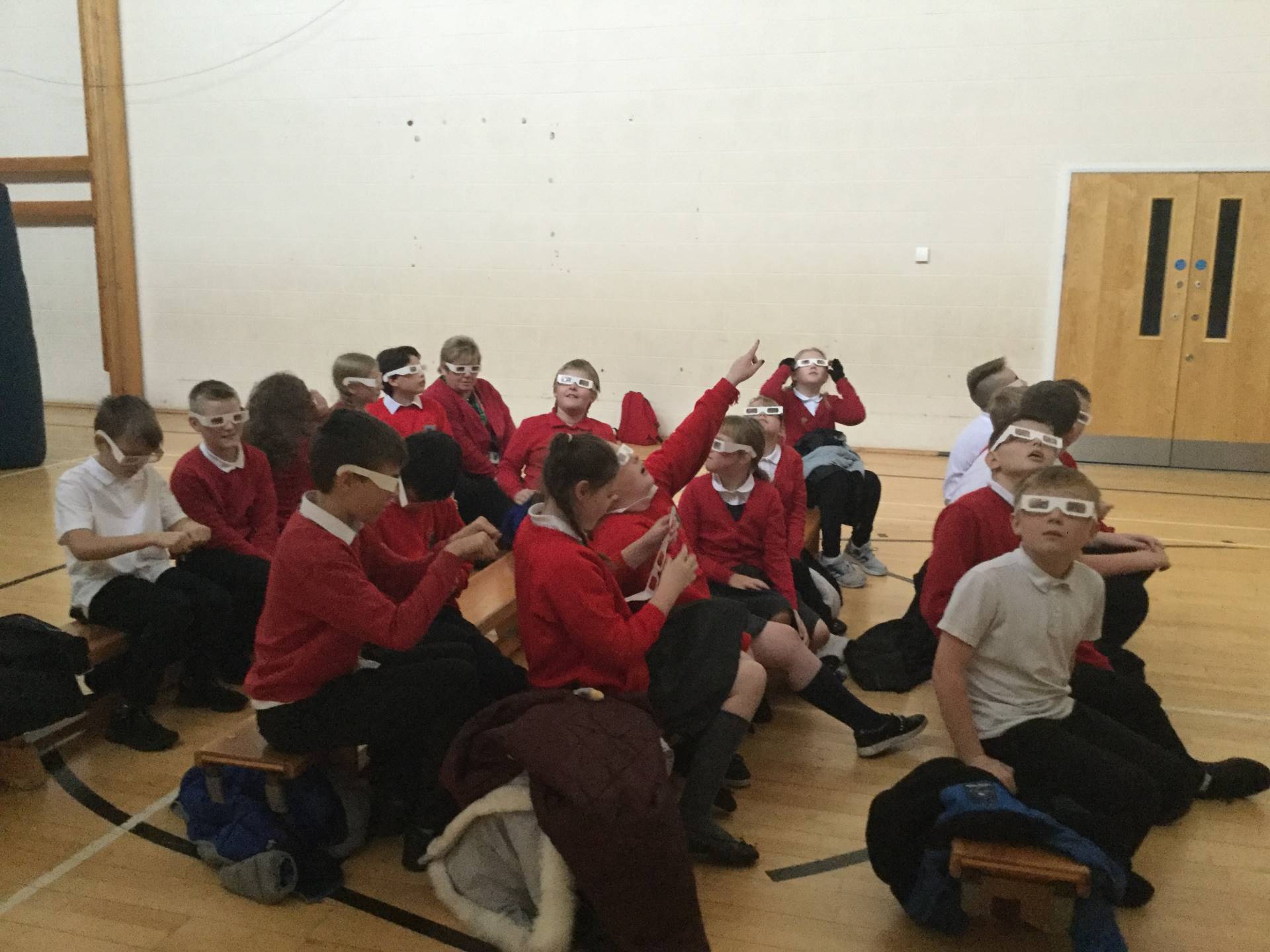
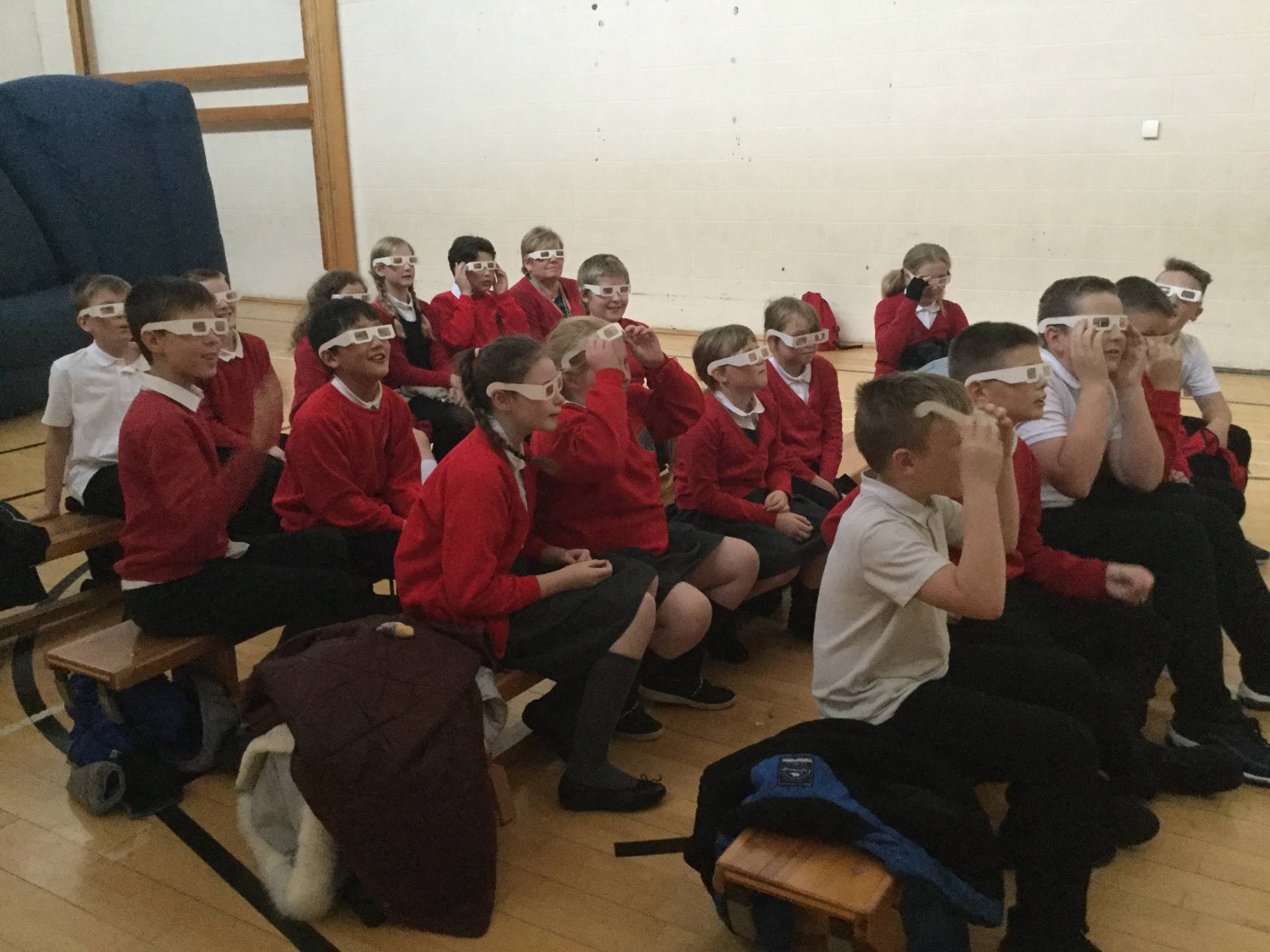
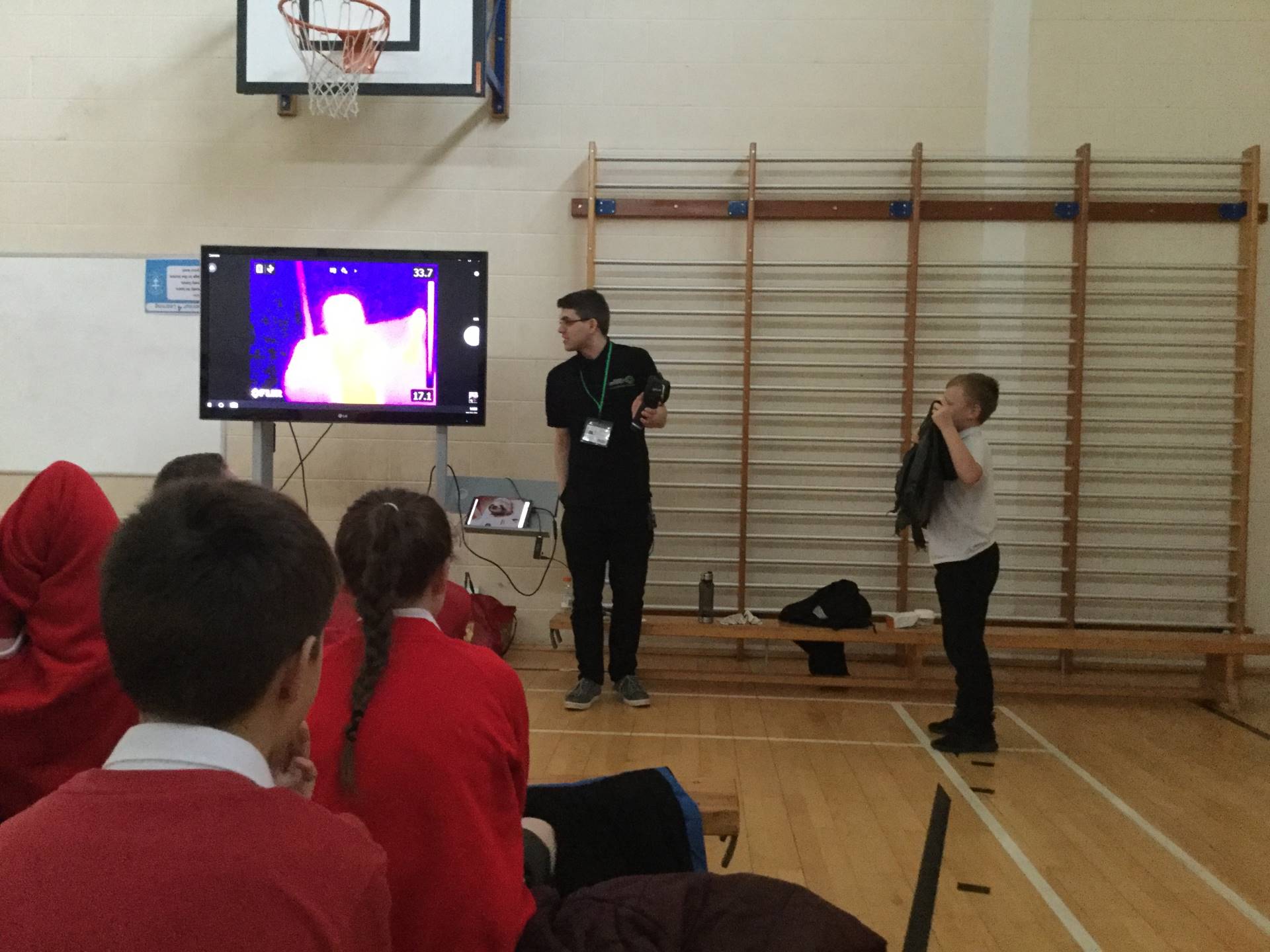
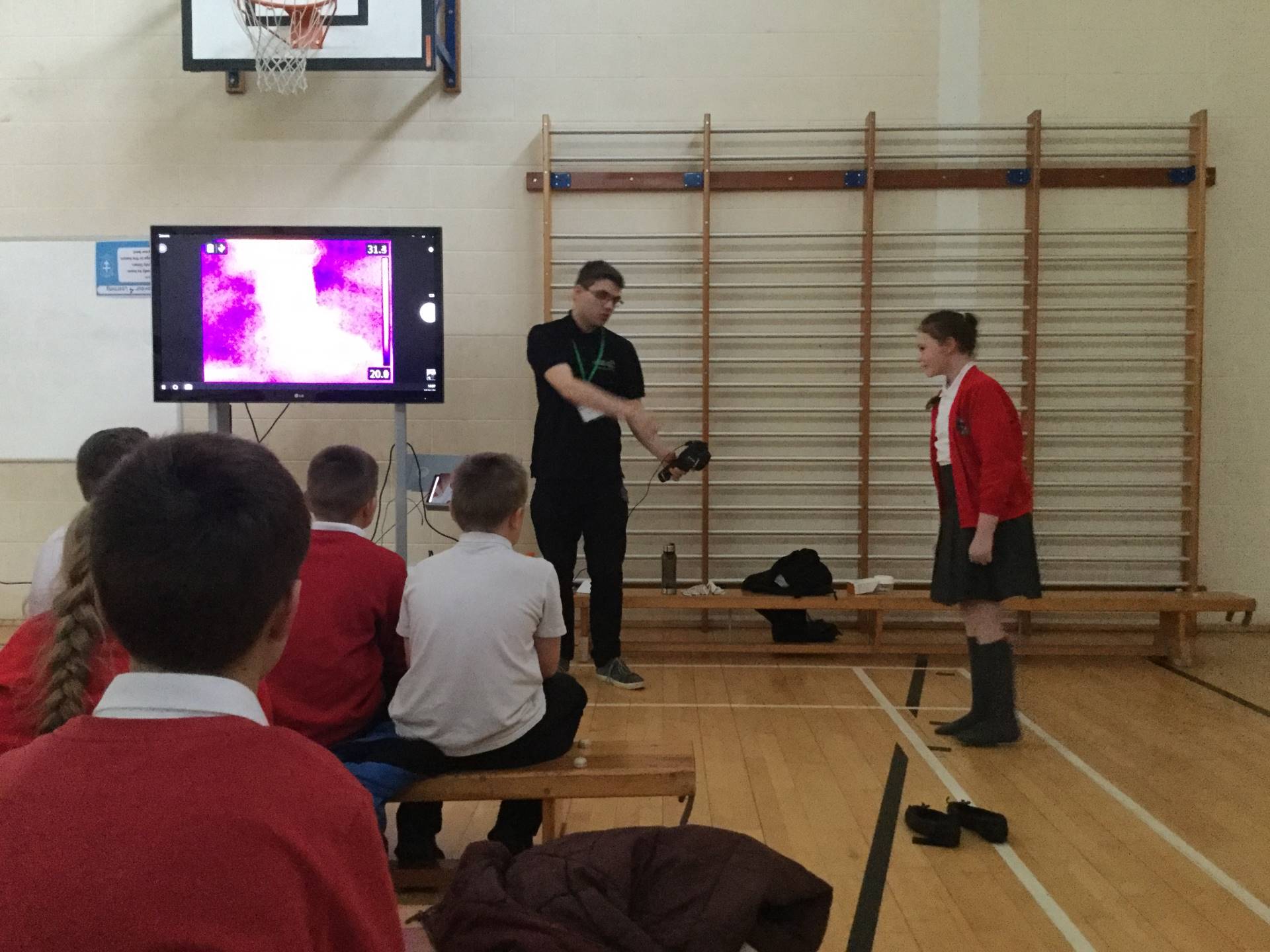
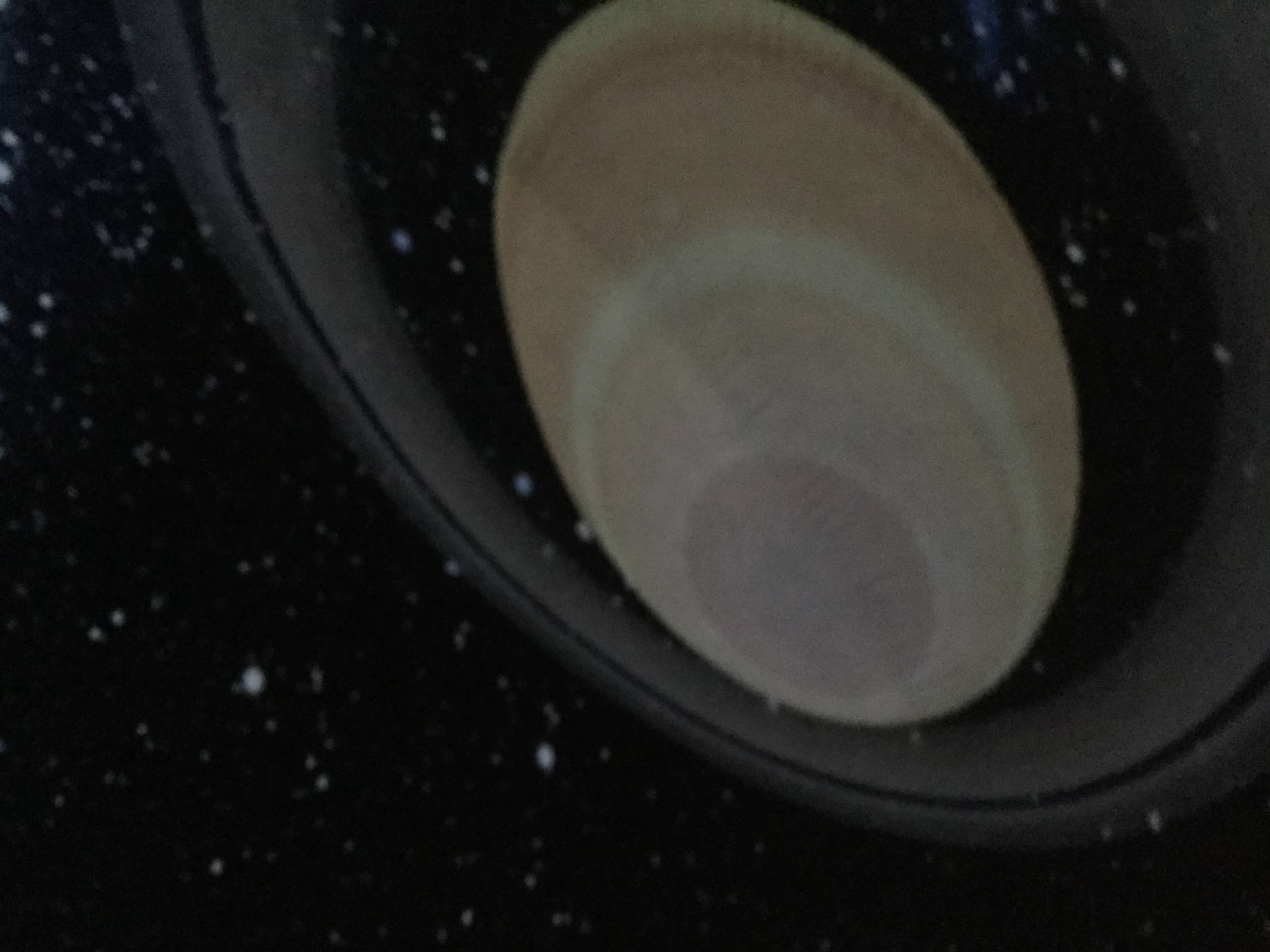
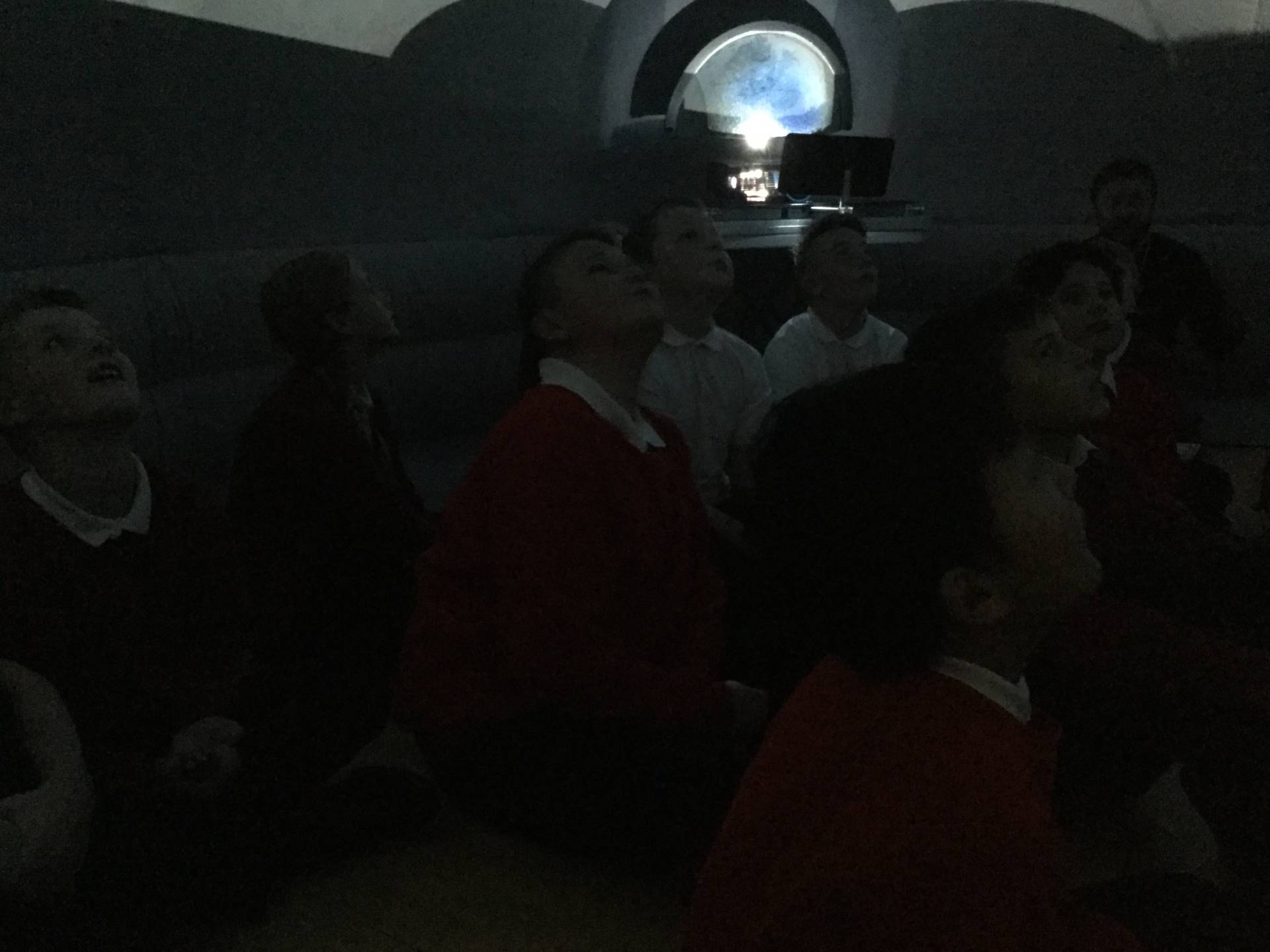
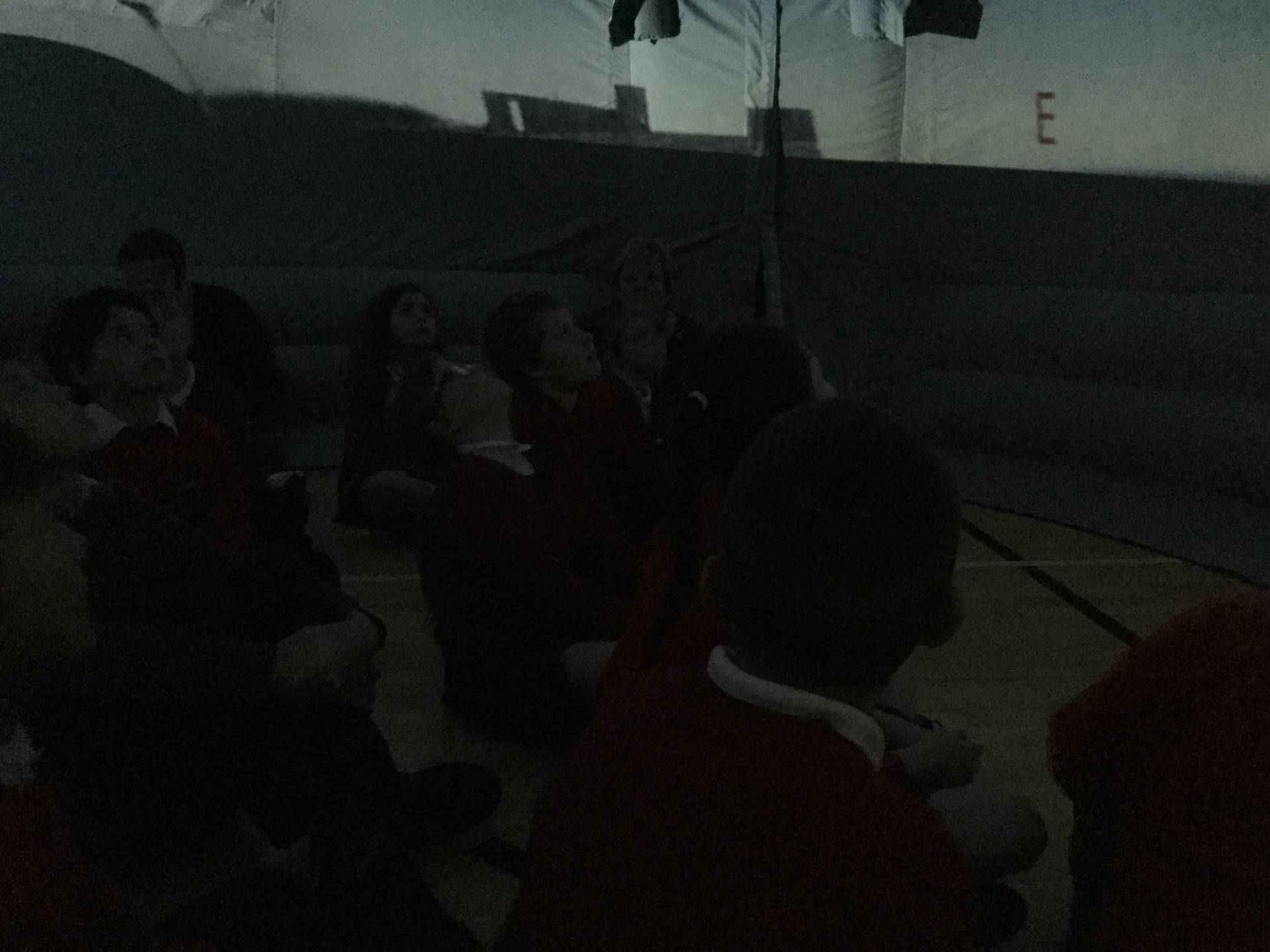
Year 4 Magnets Investigation
In year 4, children carried out an investigation to determine which was the strongest magnets by attaching paper clips to each one.
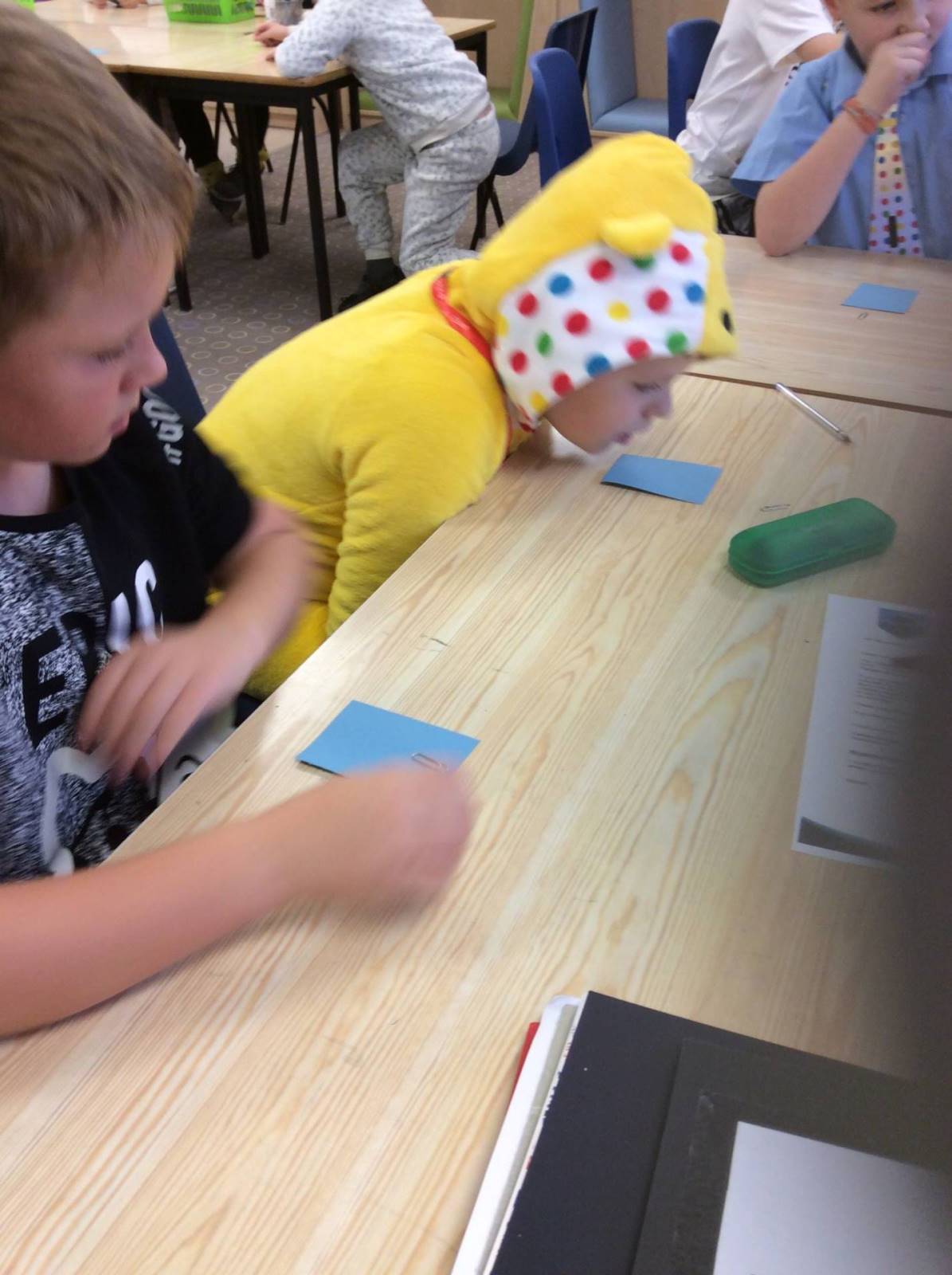
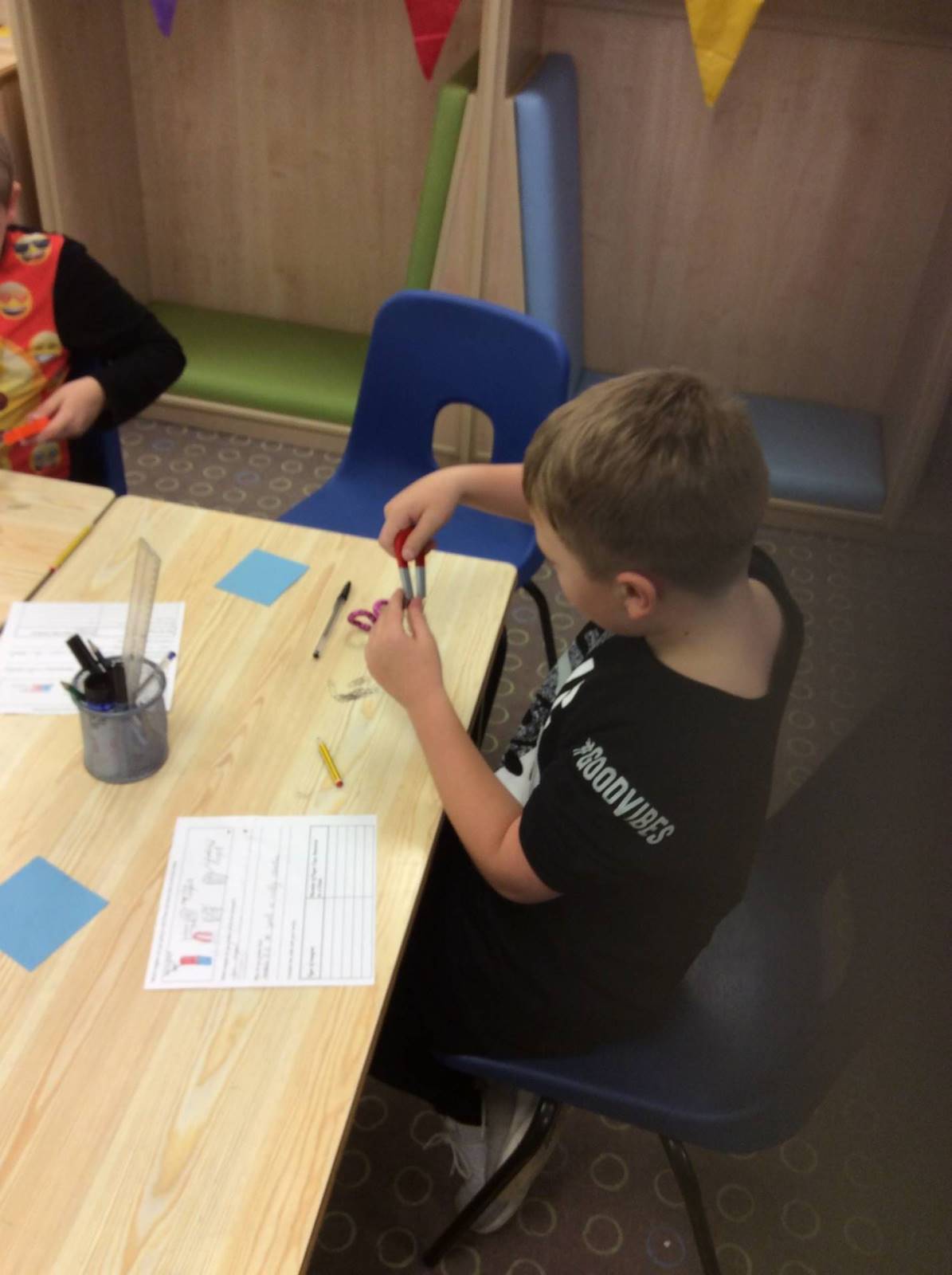
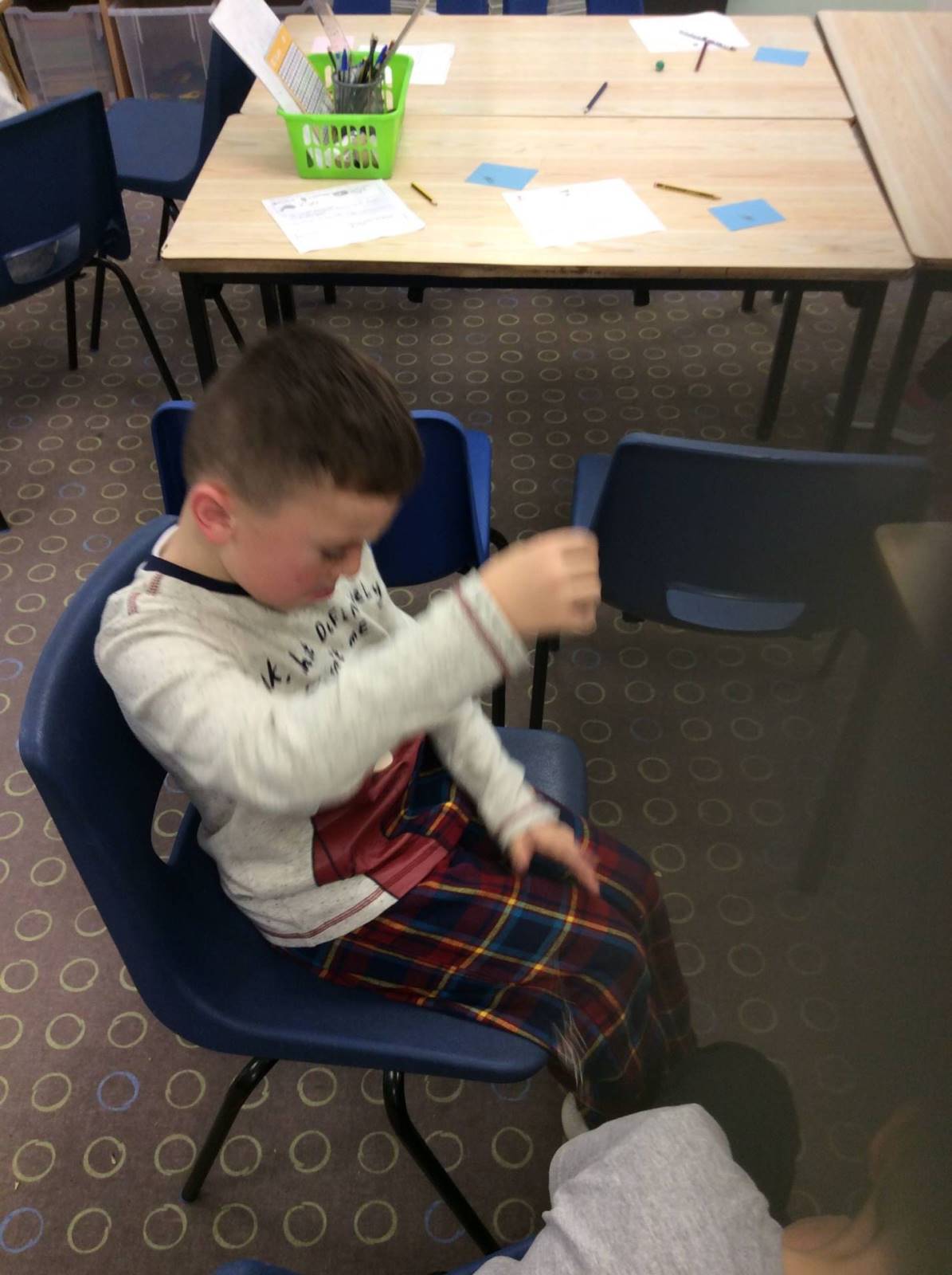
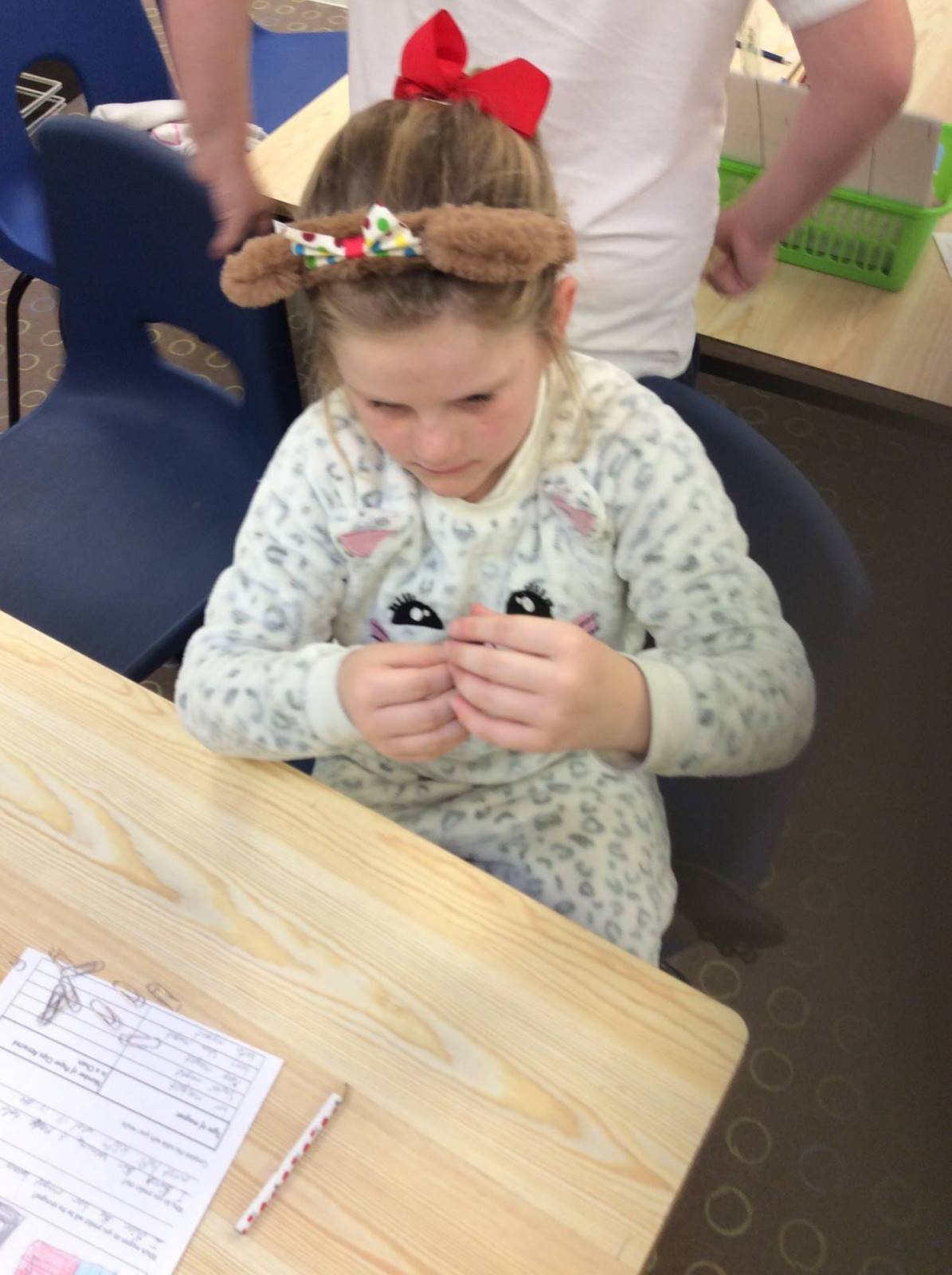
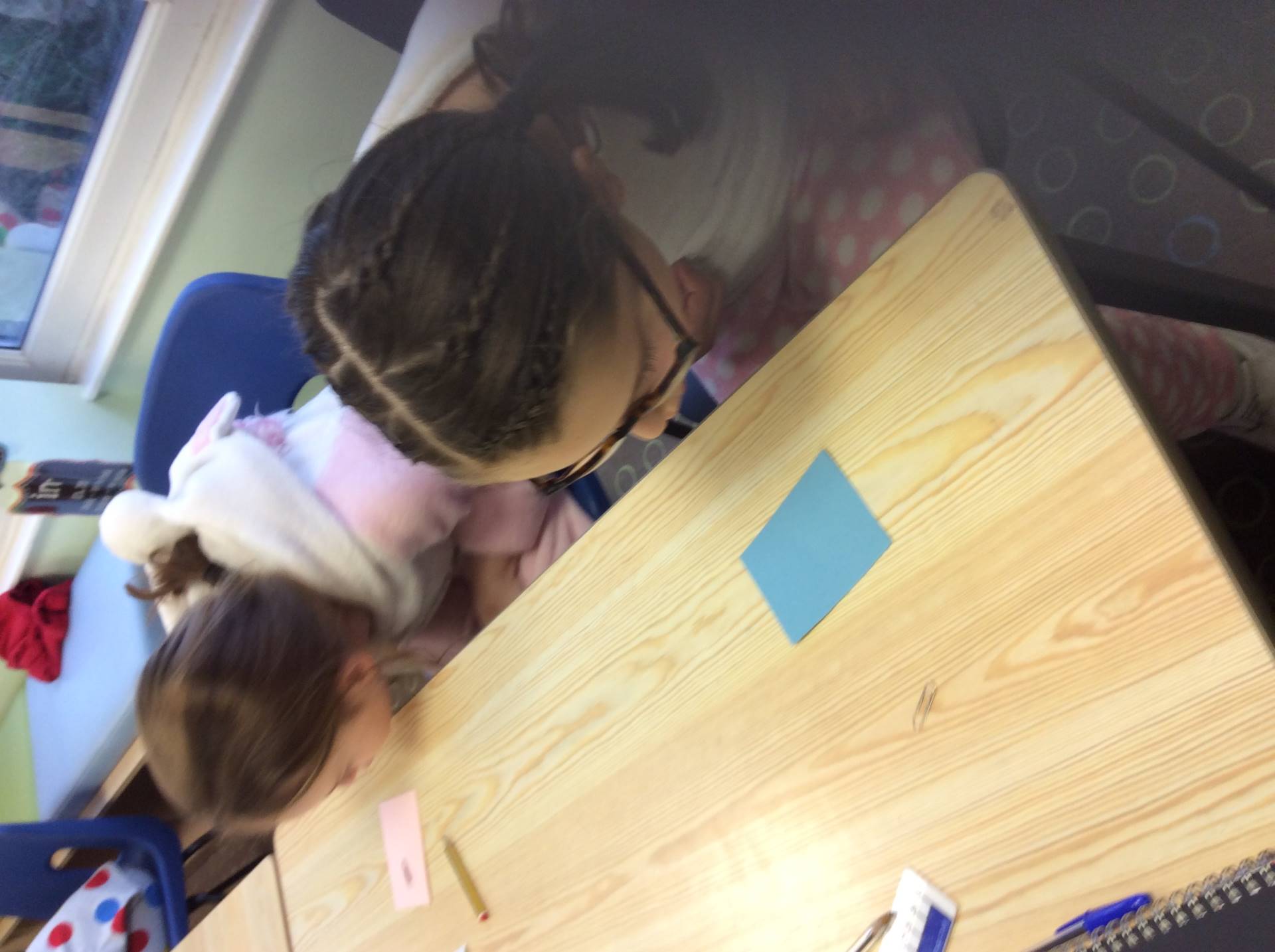
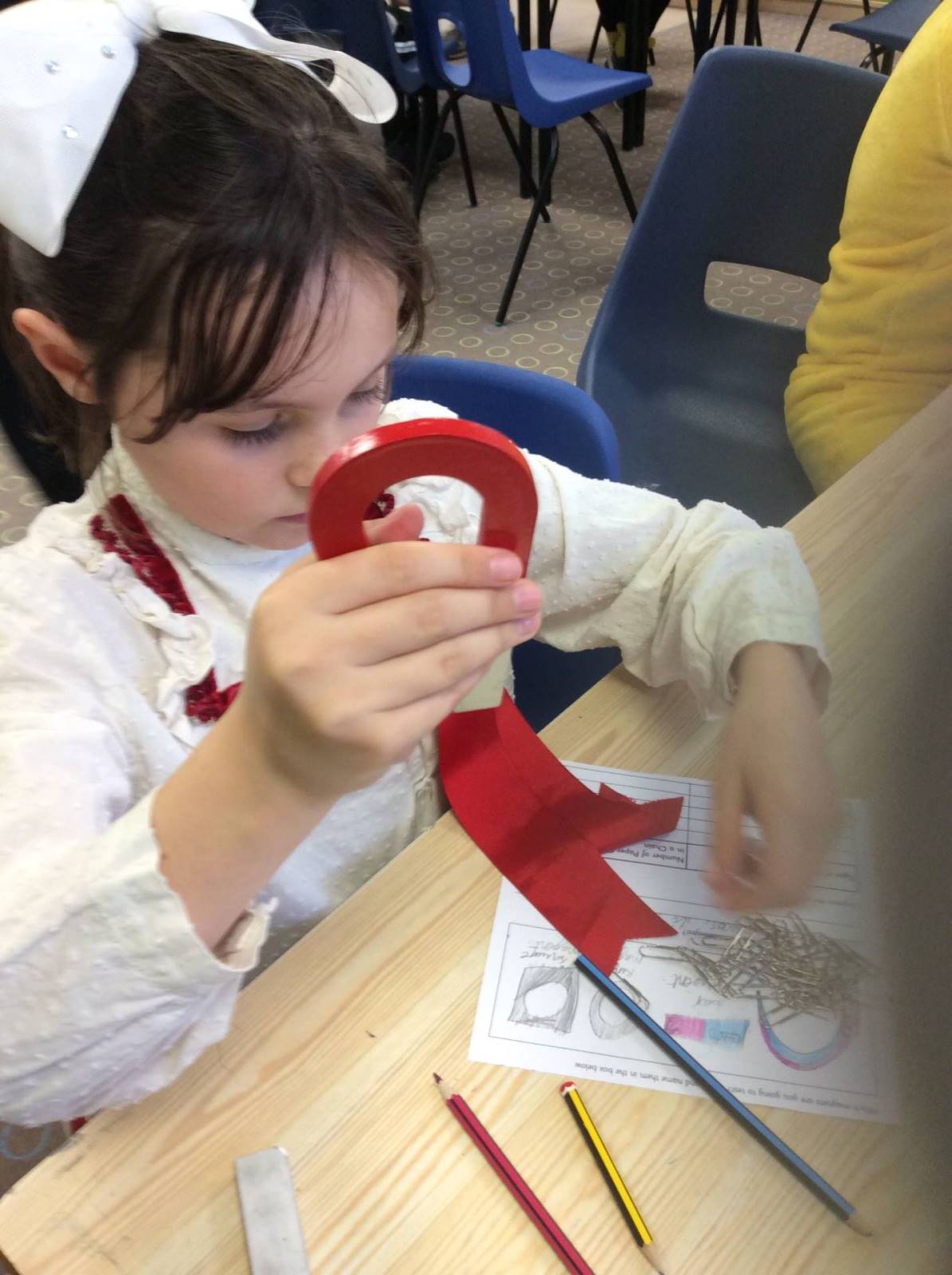
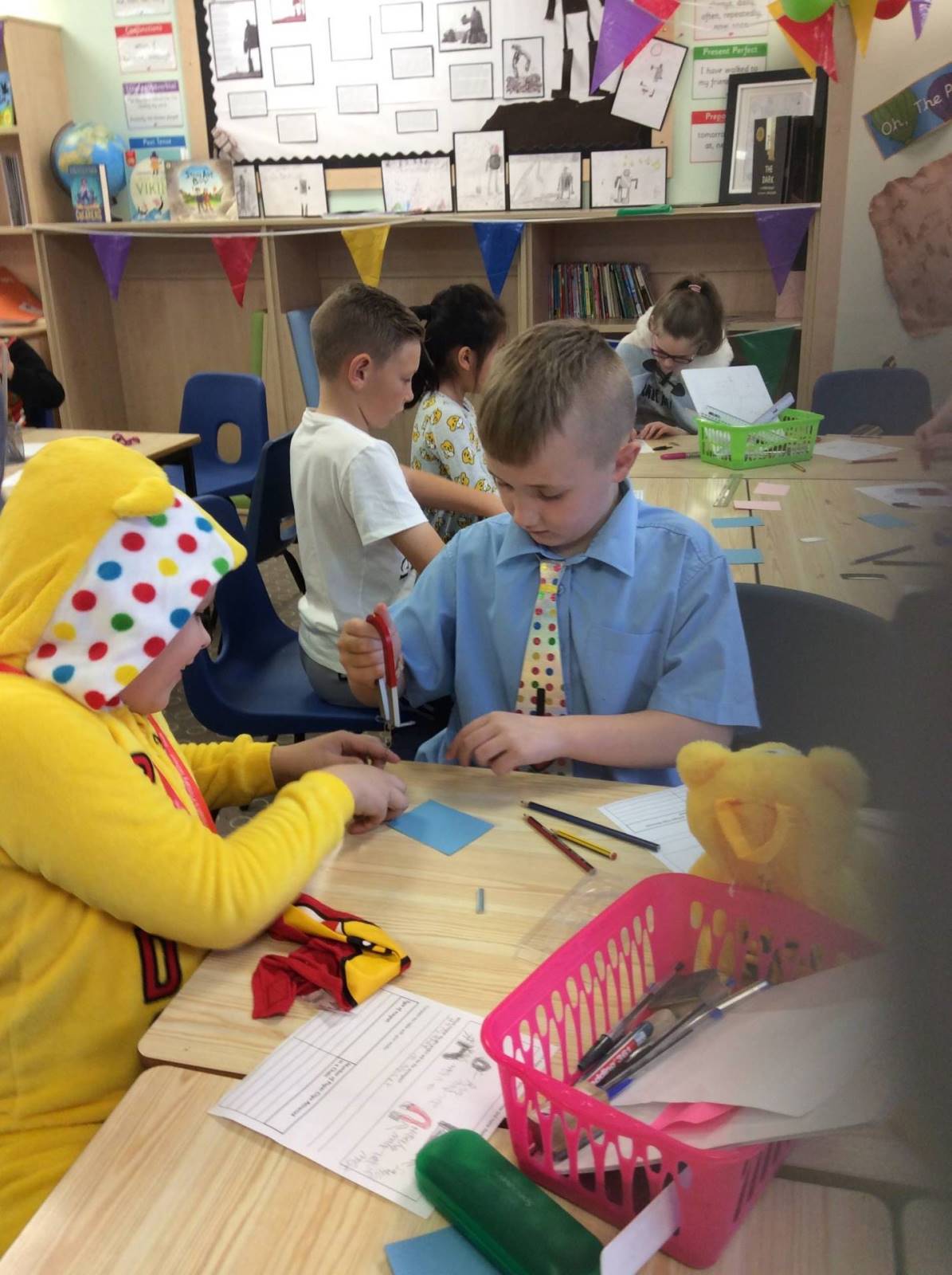
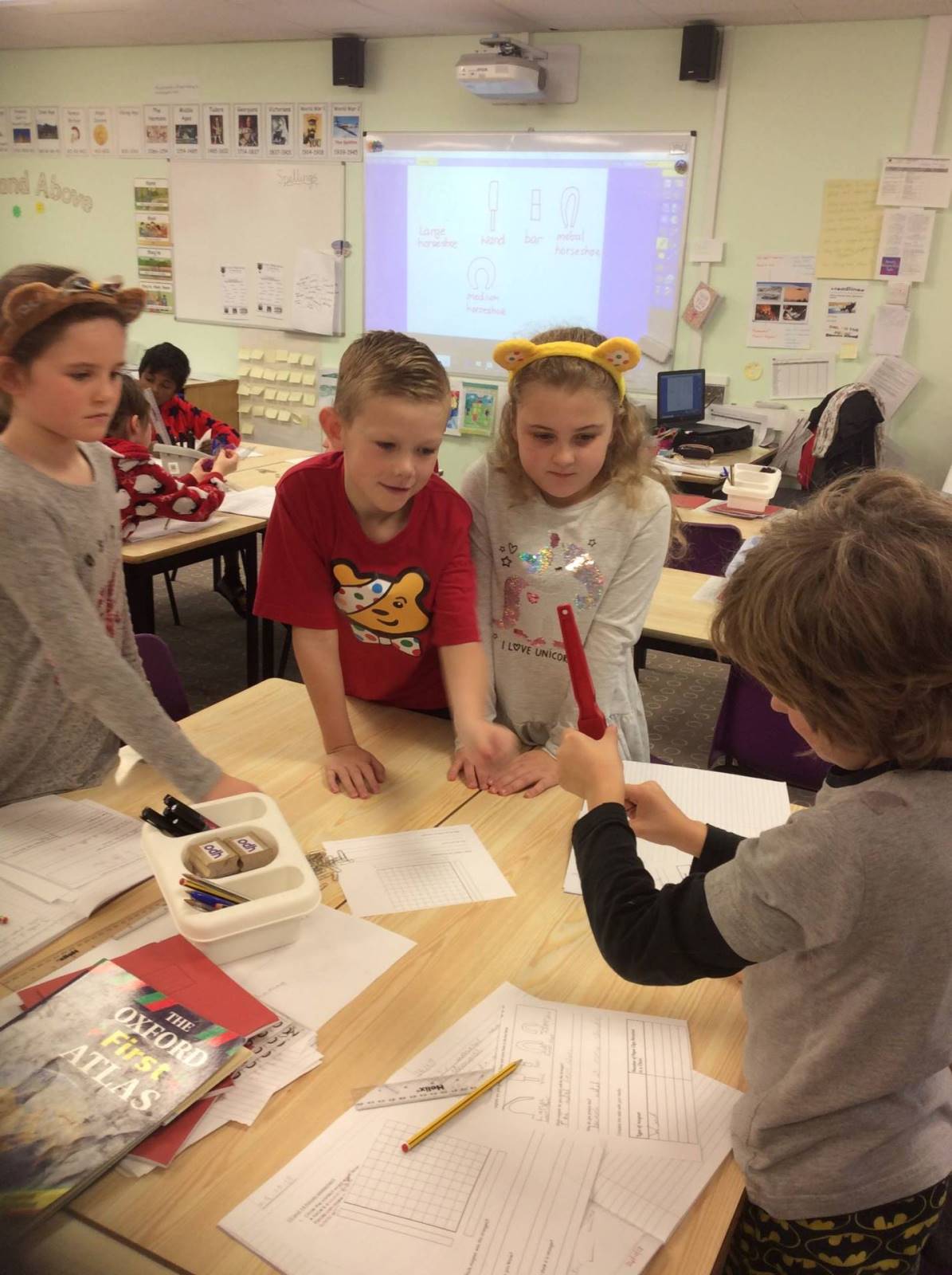
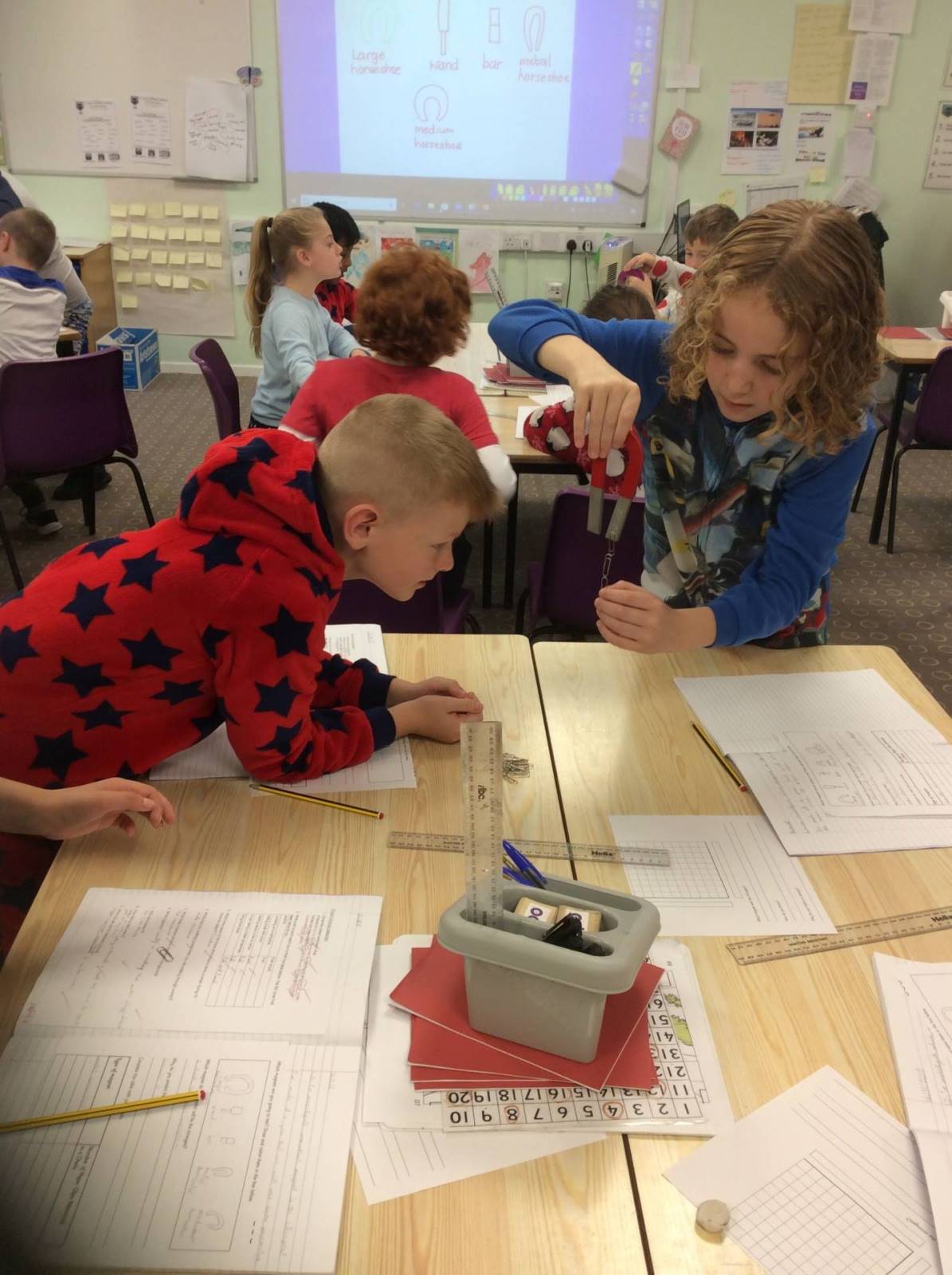
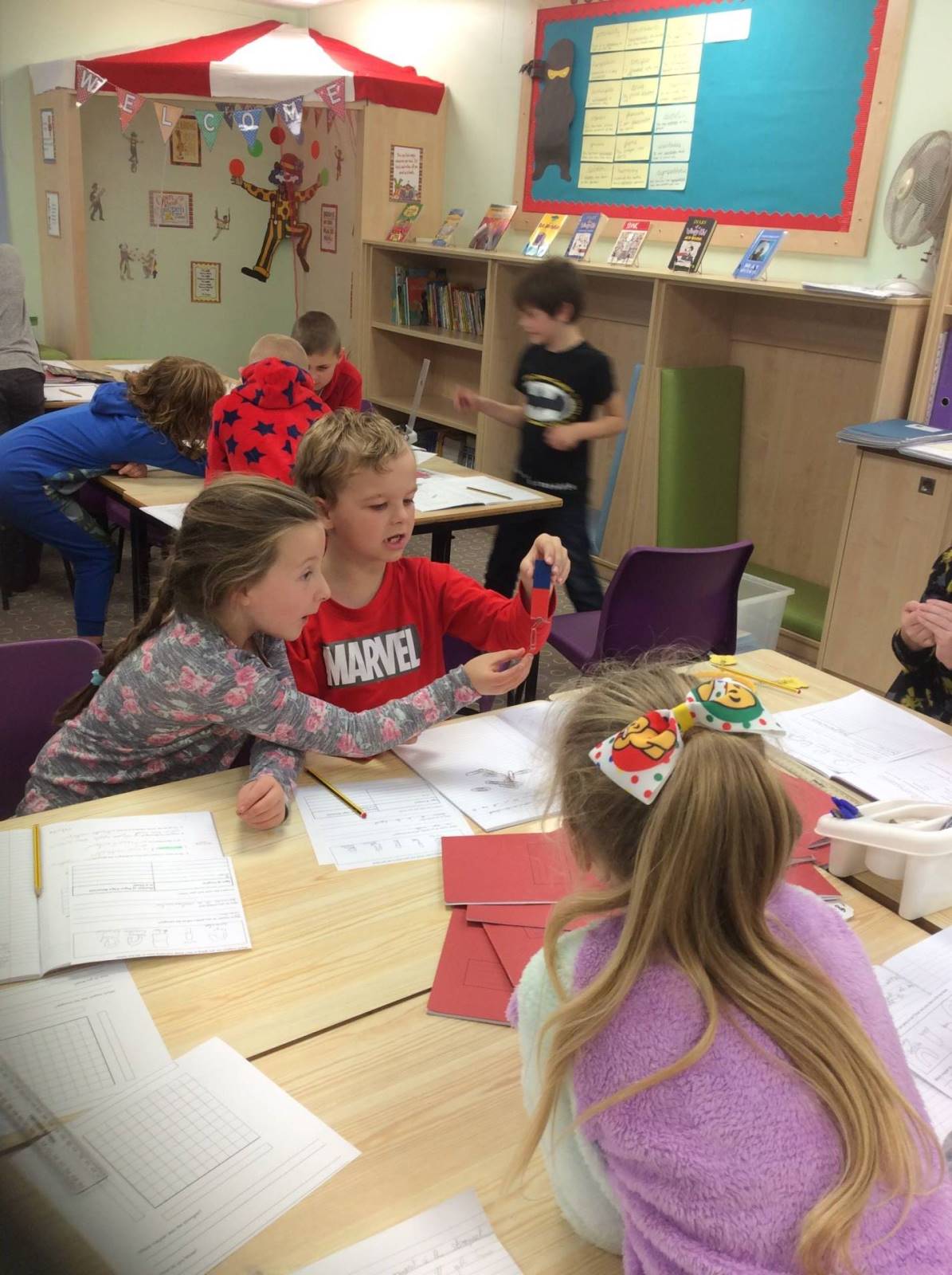
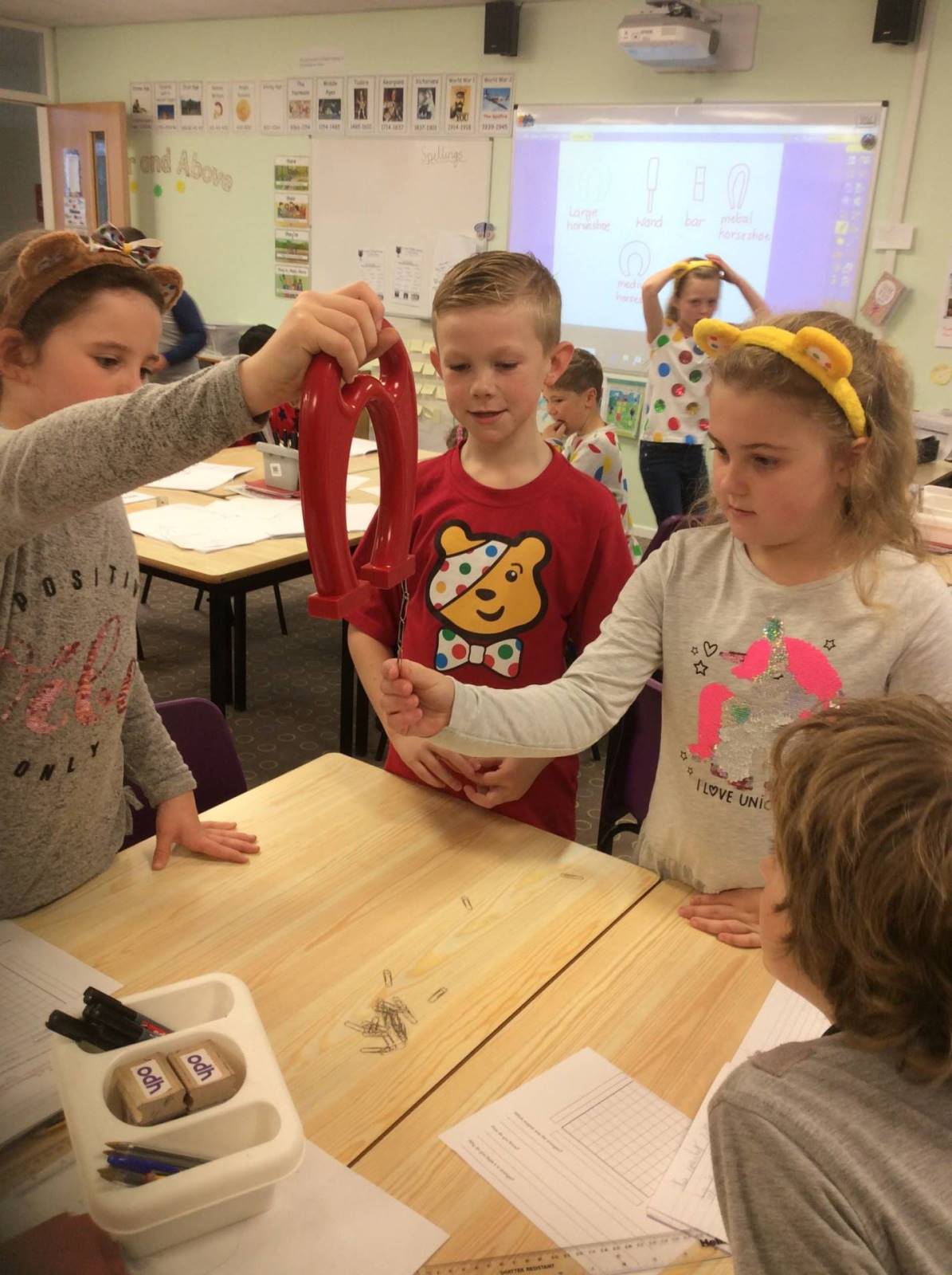
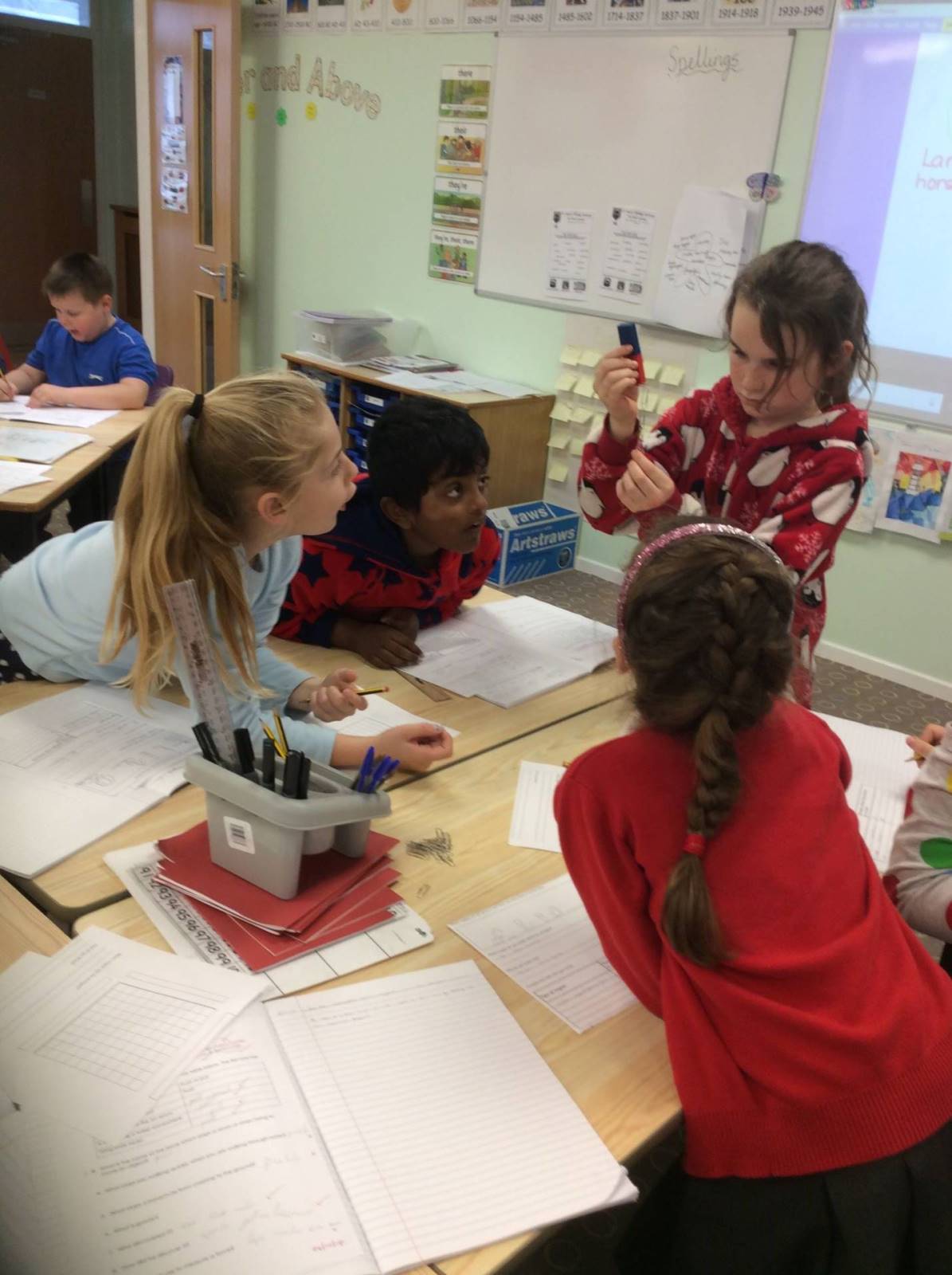
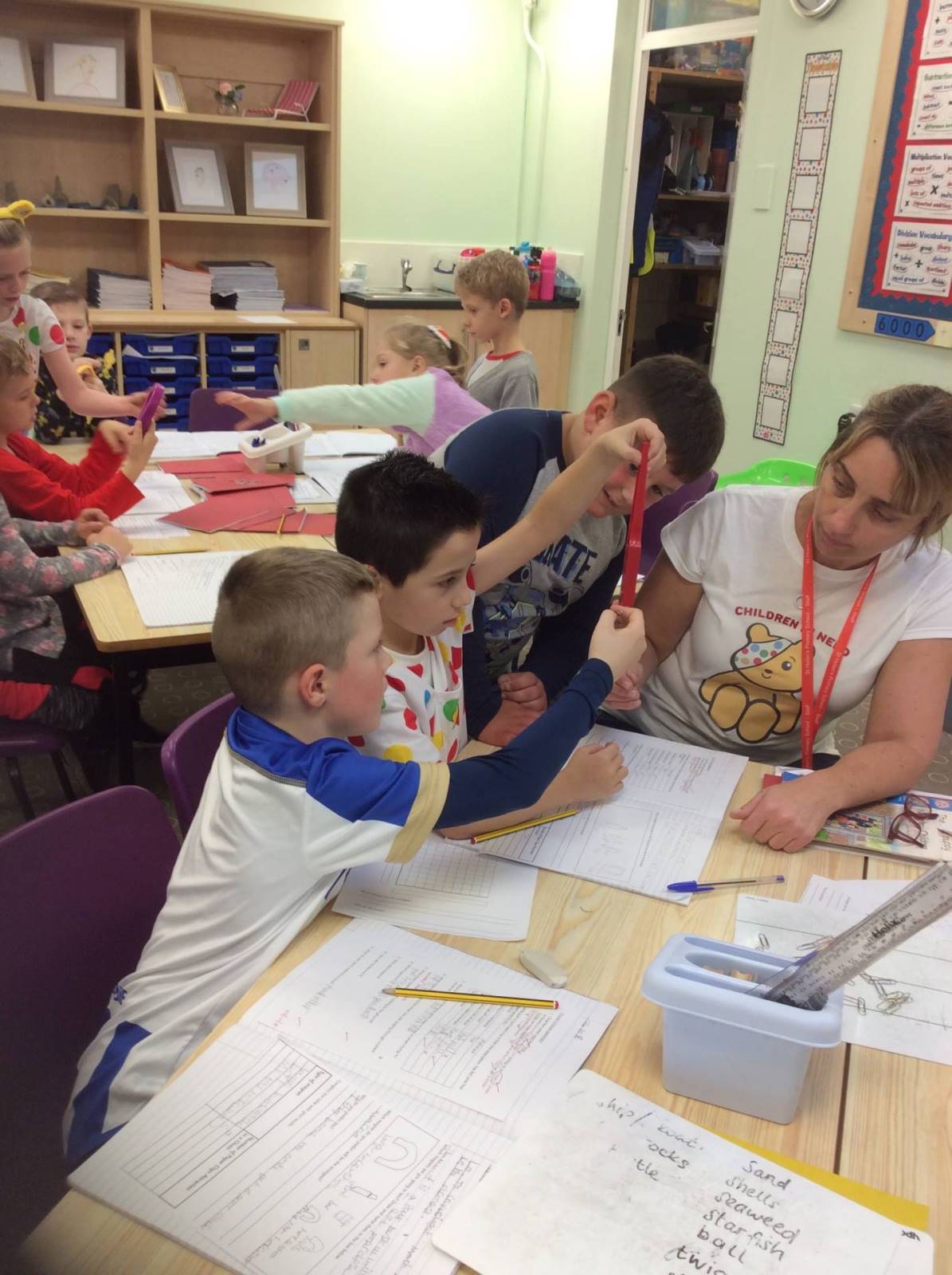
Year 6 Challenging Industry
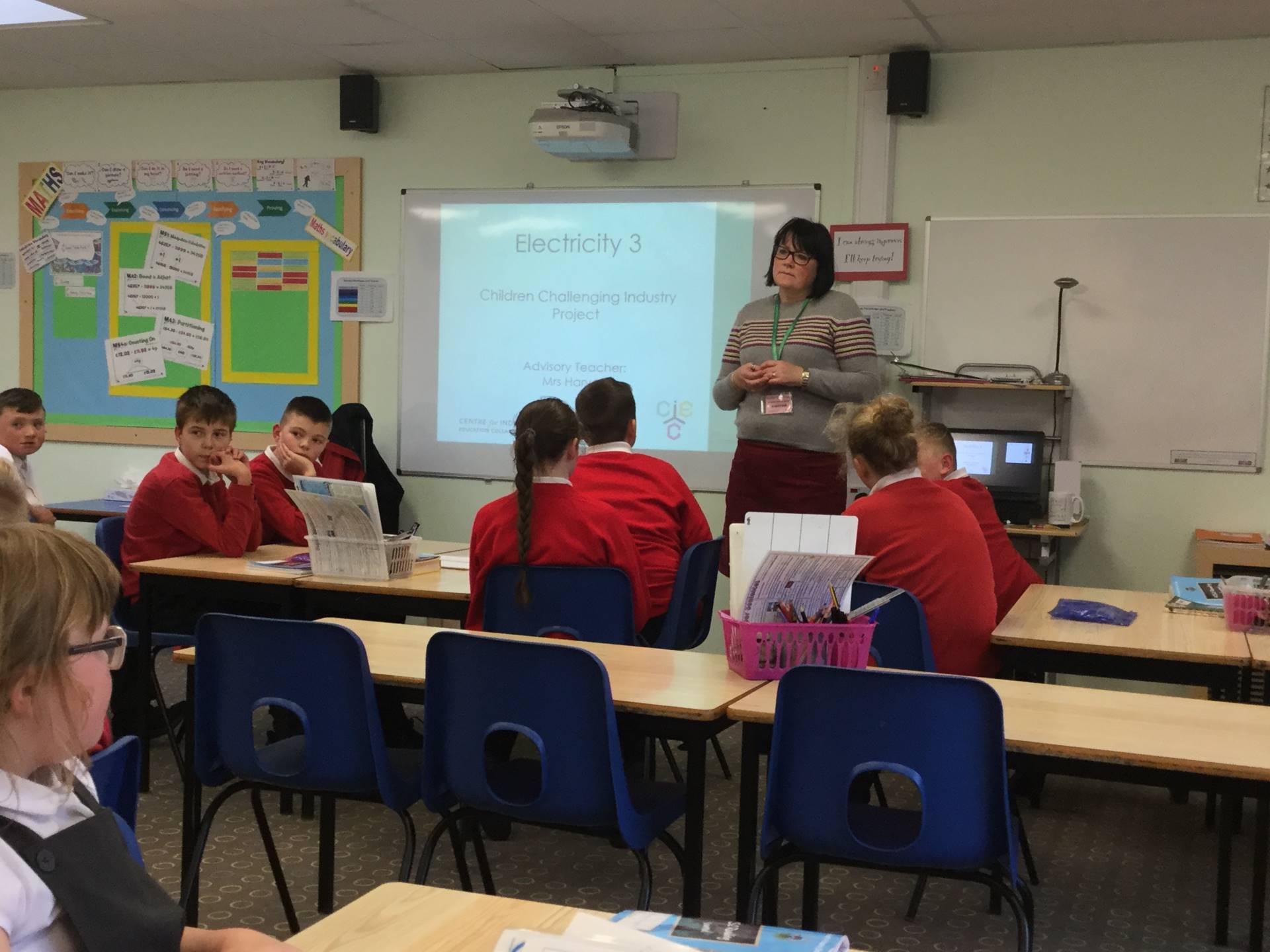
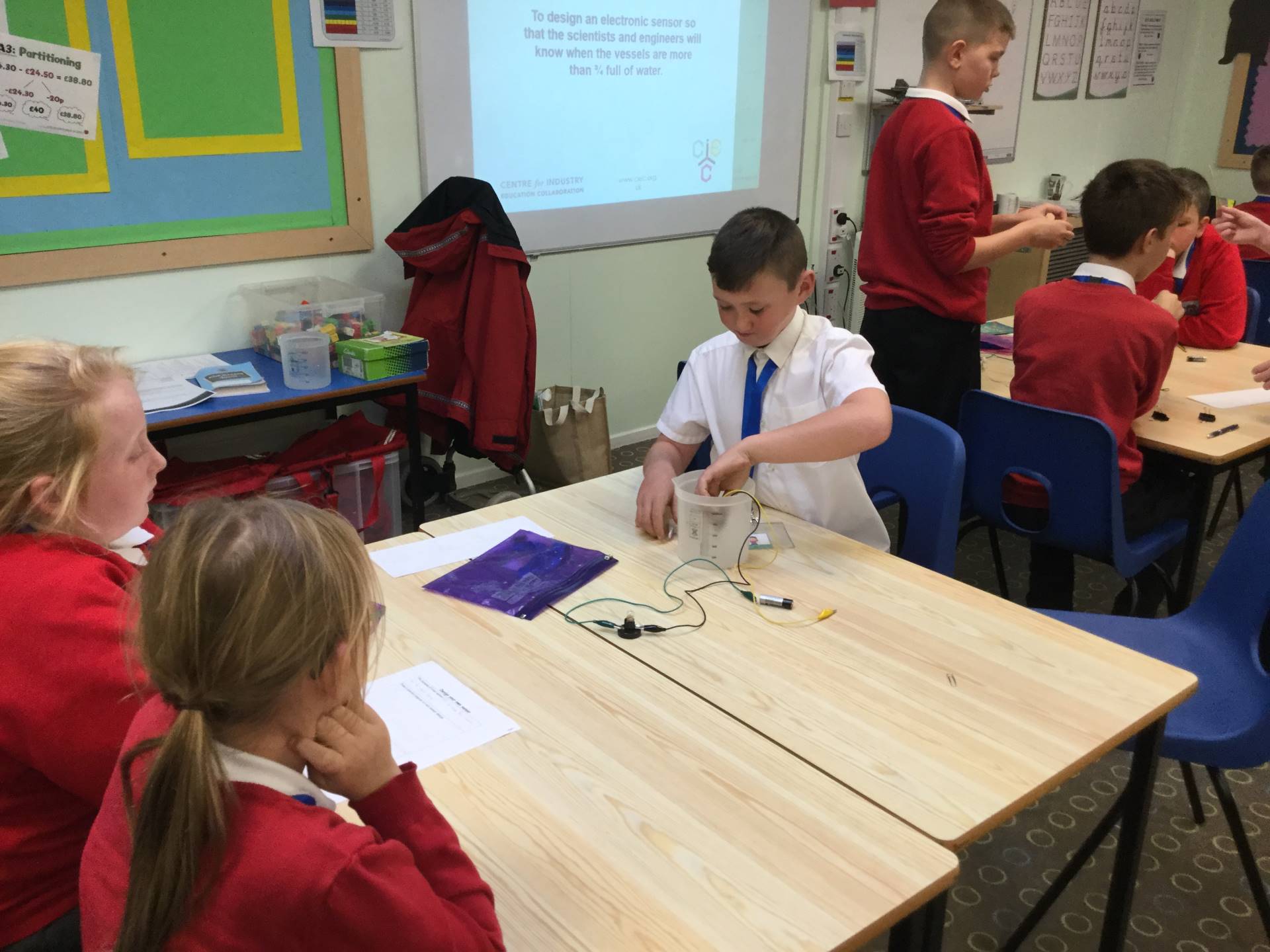
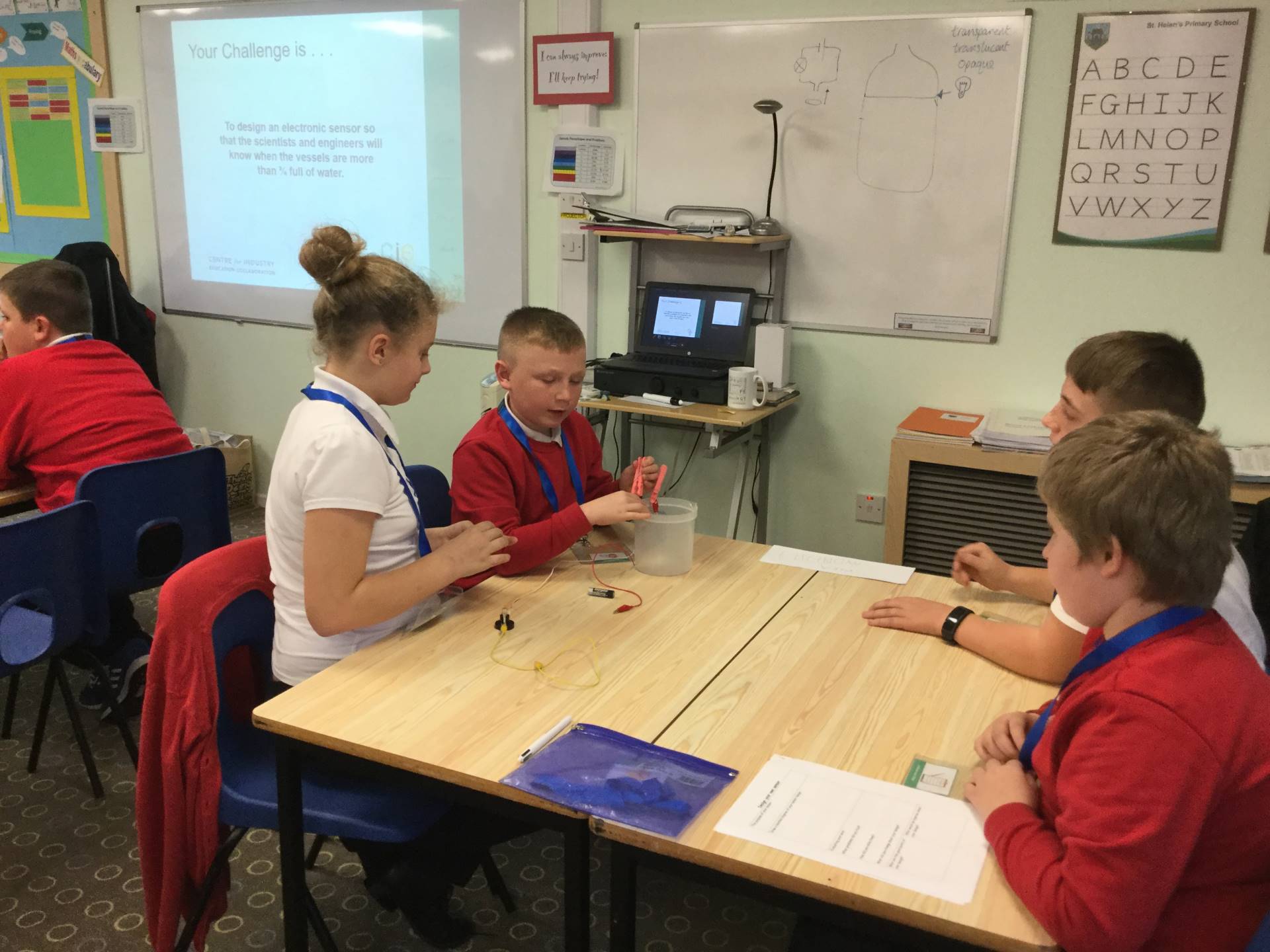
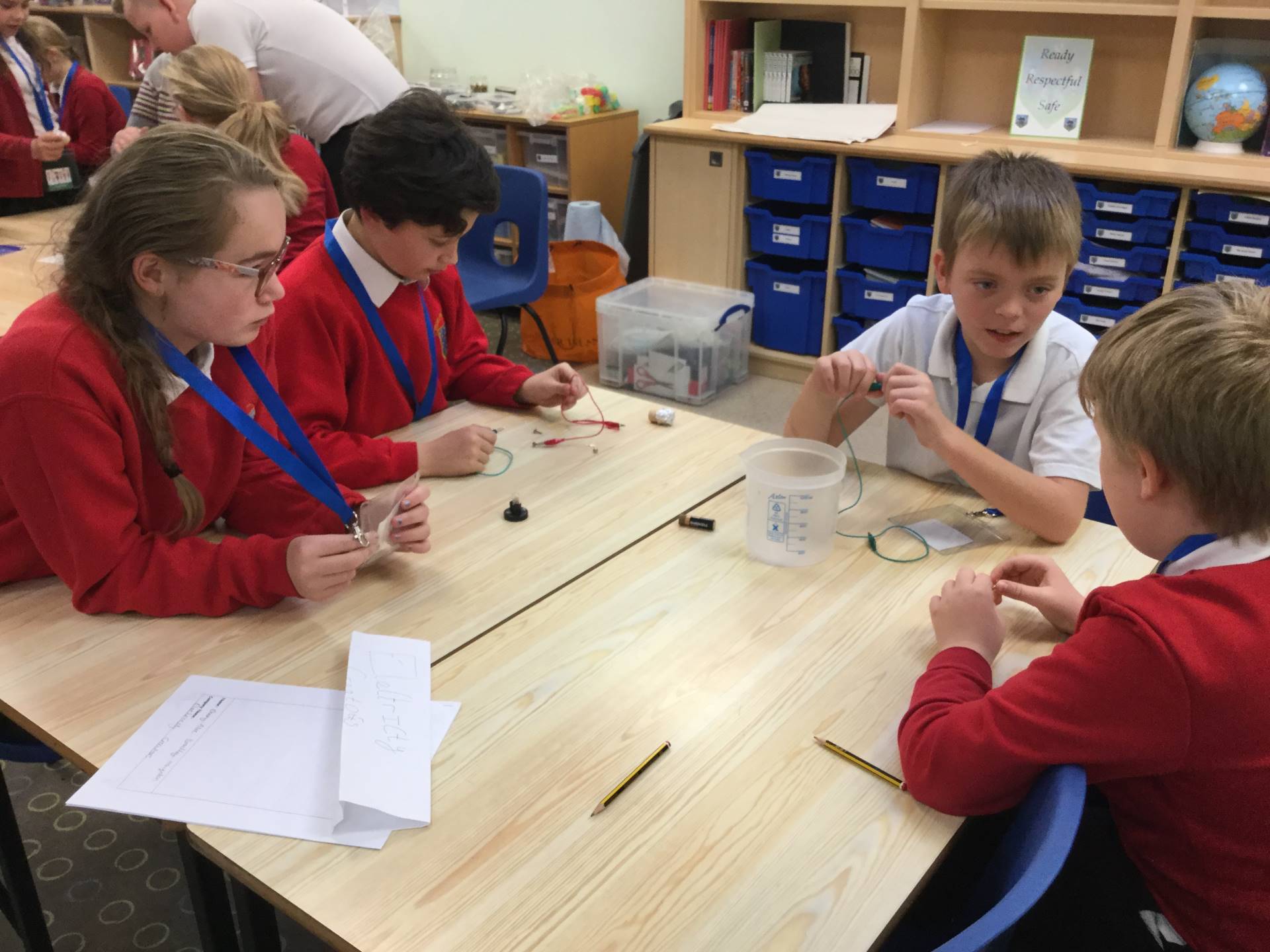
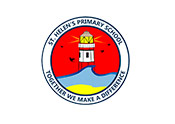
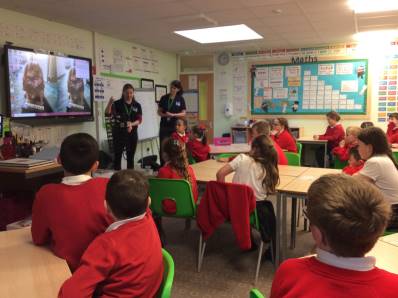
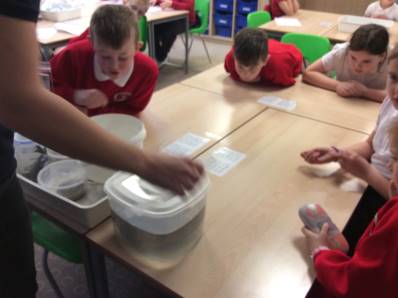
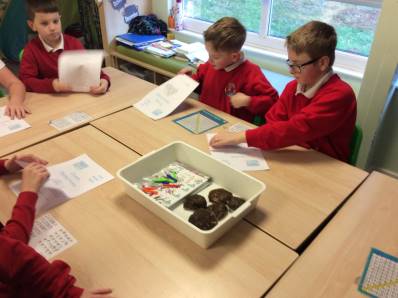
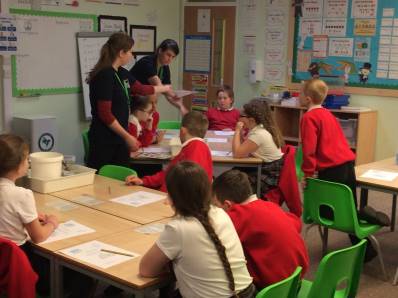
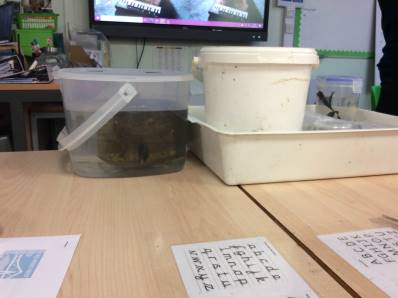
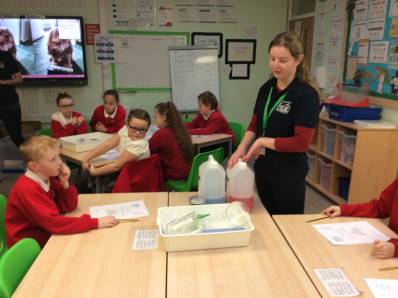
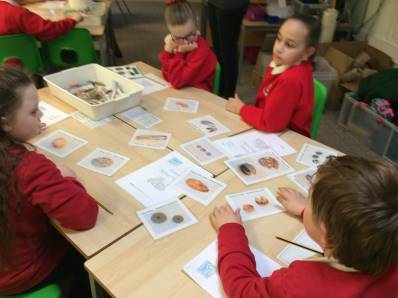
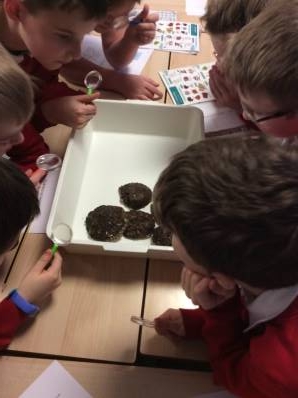
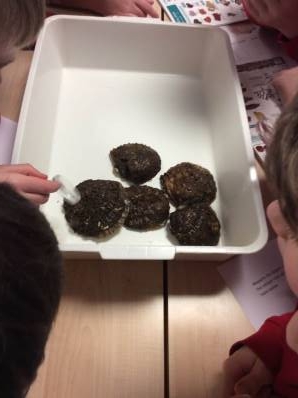
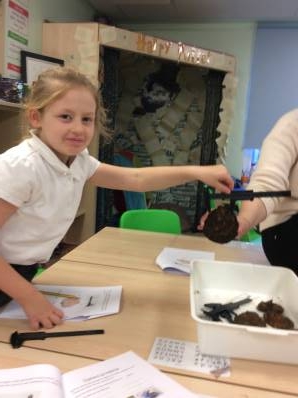
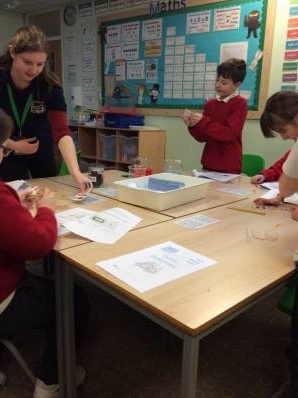
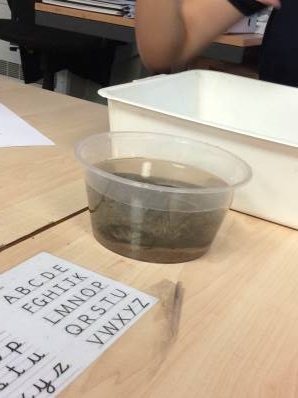
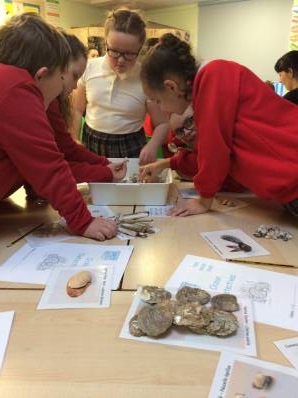
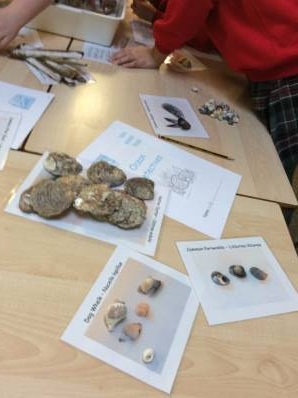
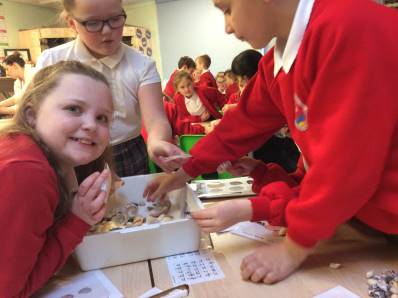
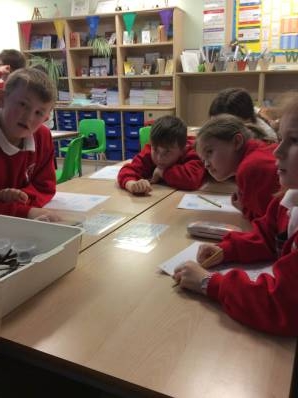
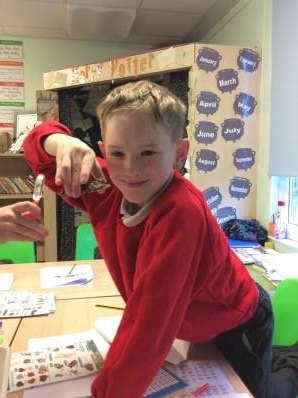
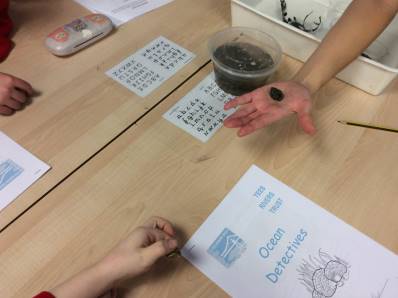
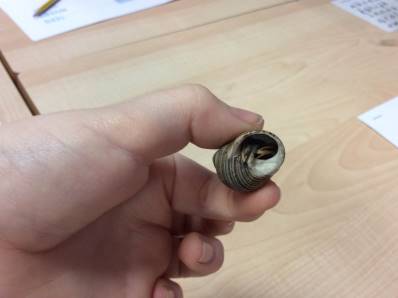
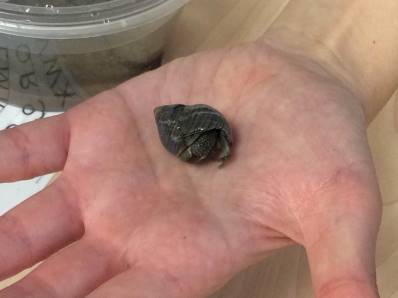
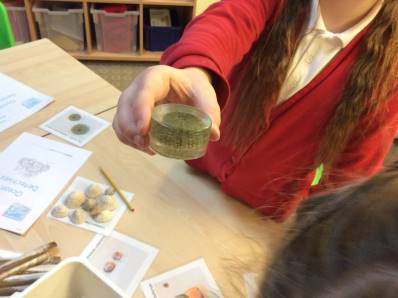
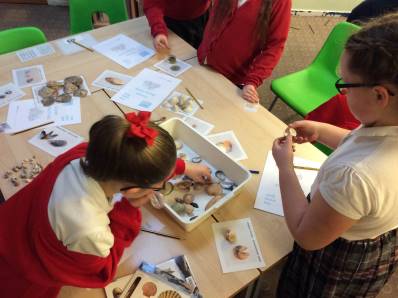
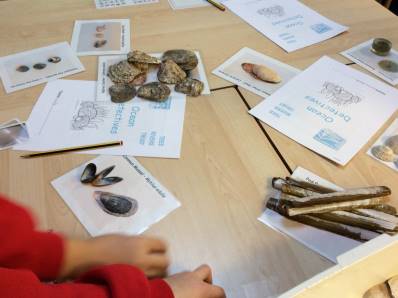
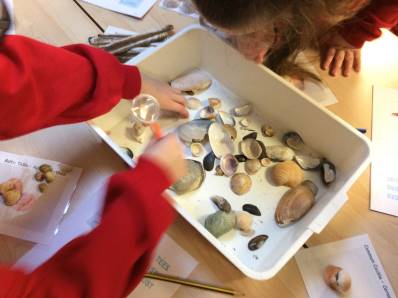
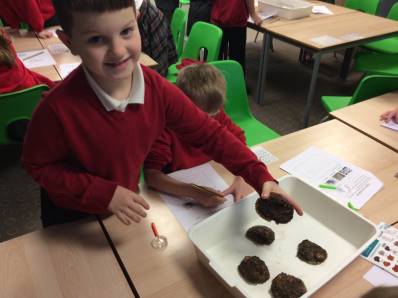
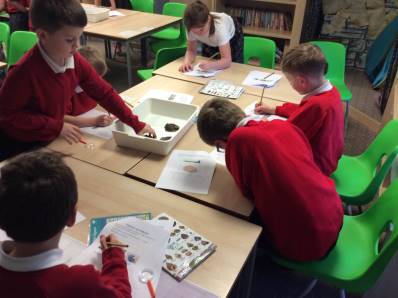
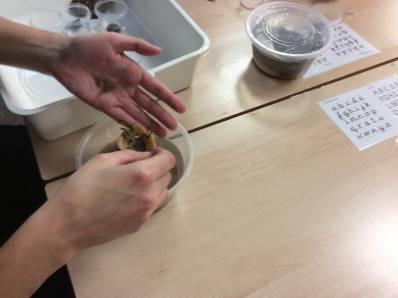
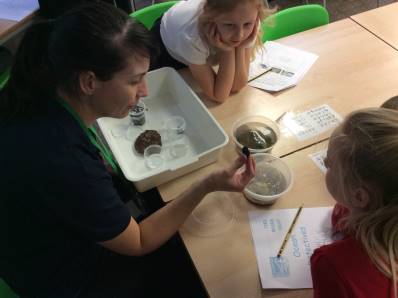
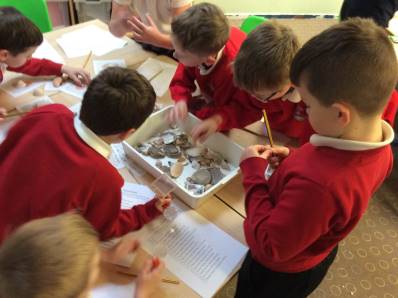
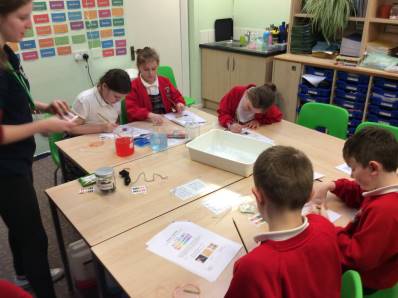
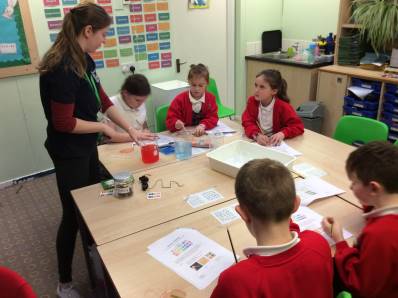
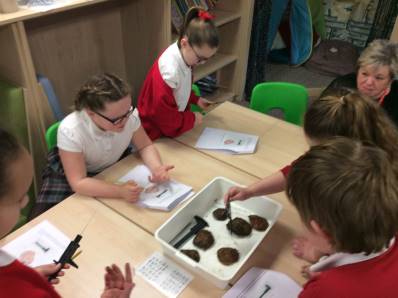
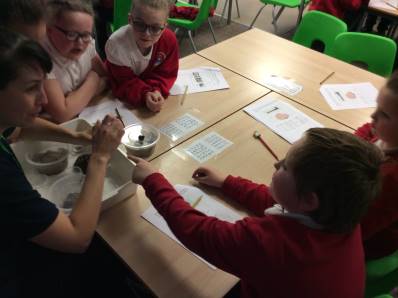
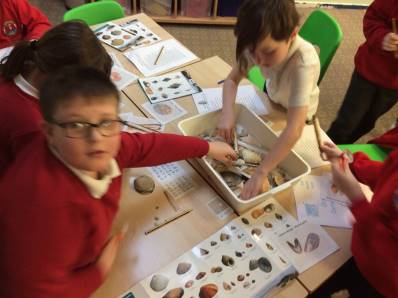
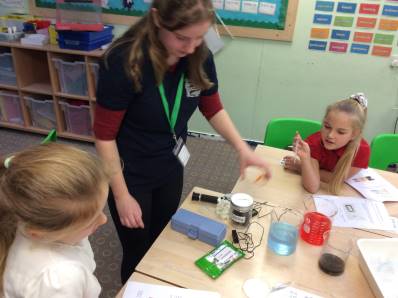
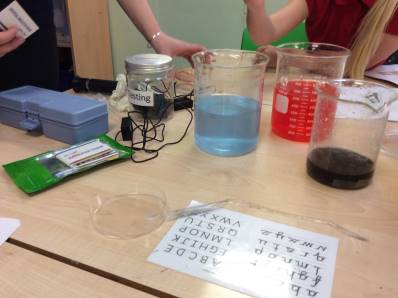
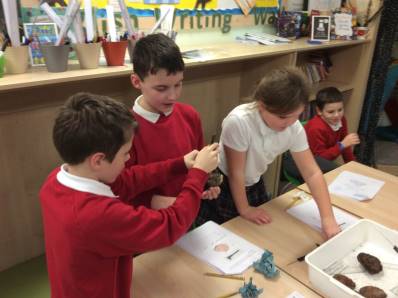
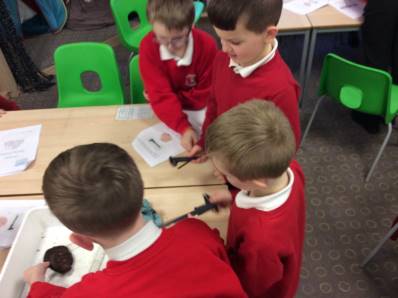
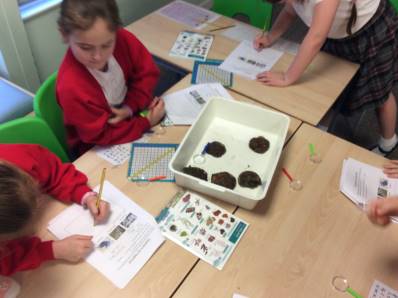
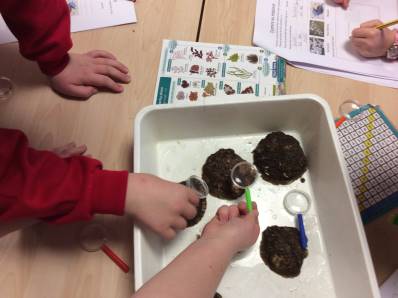


Close